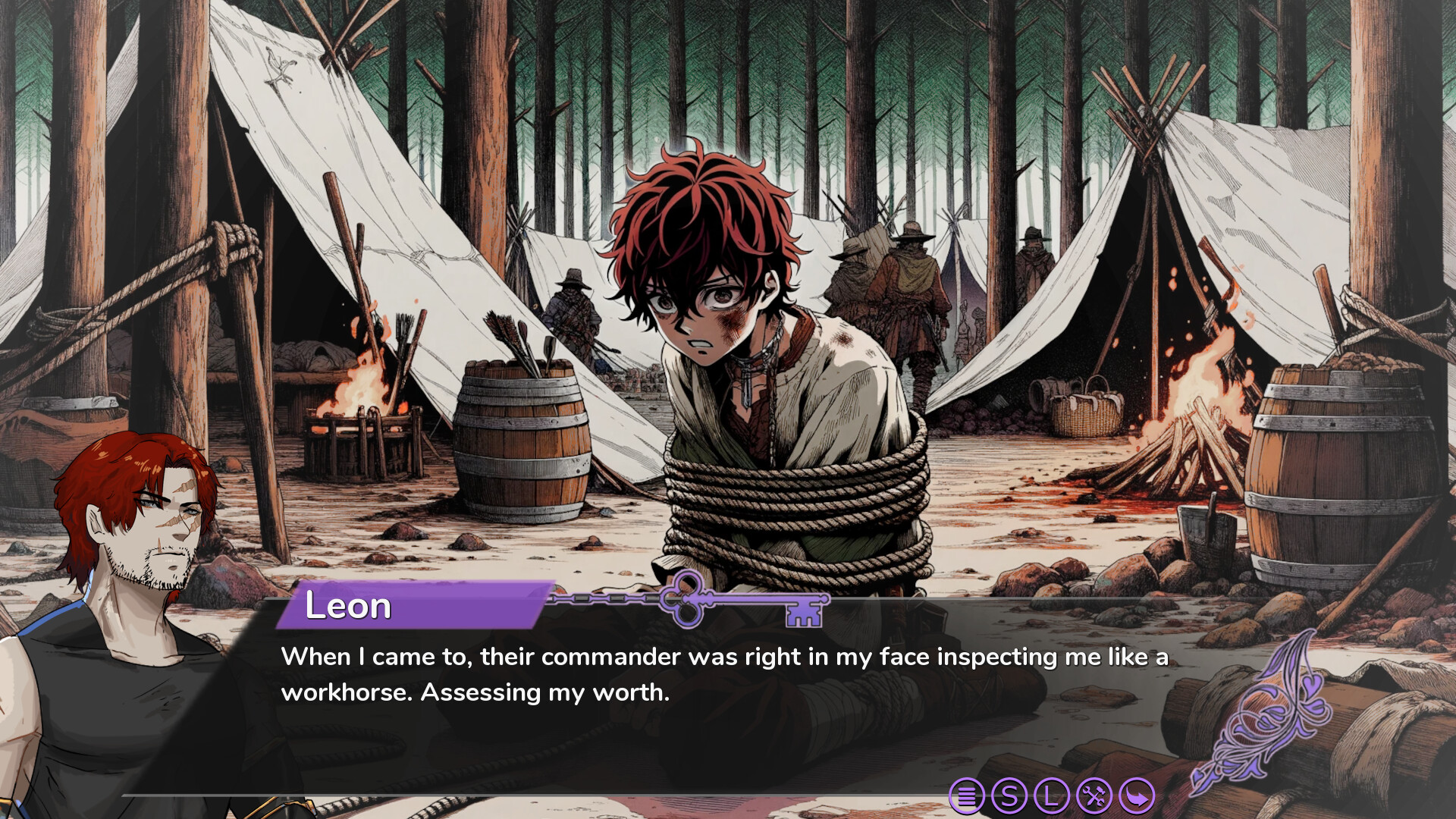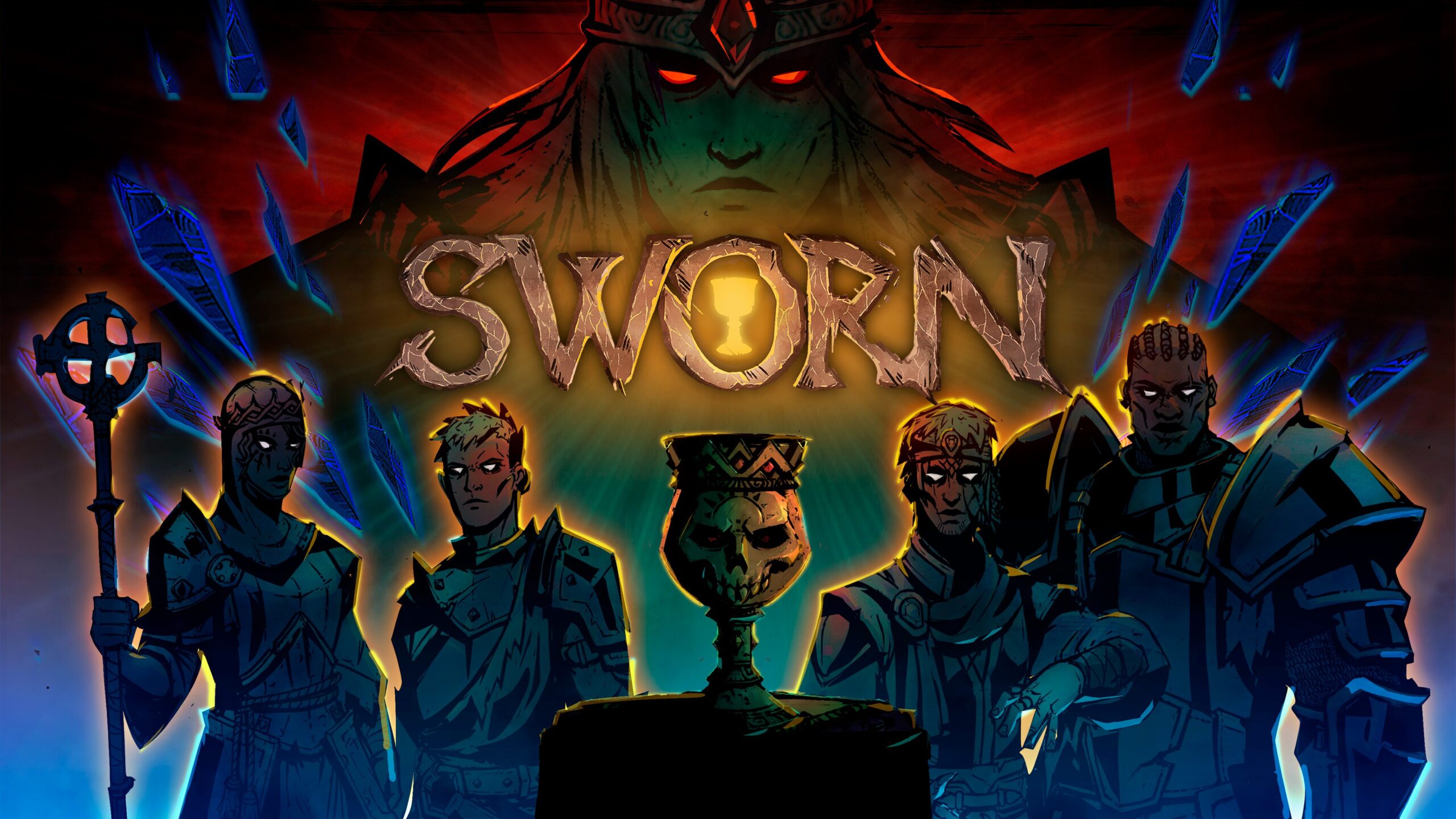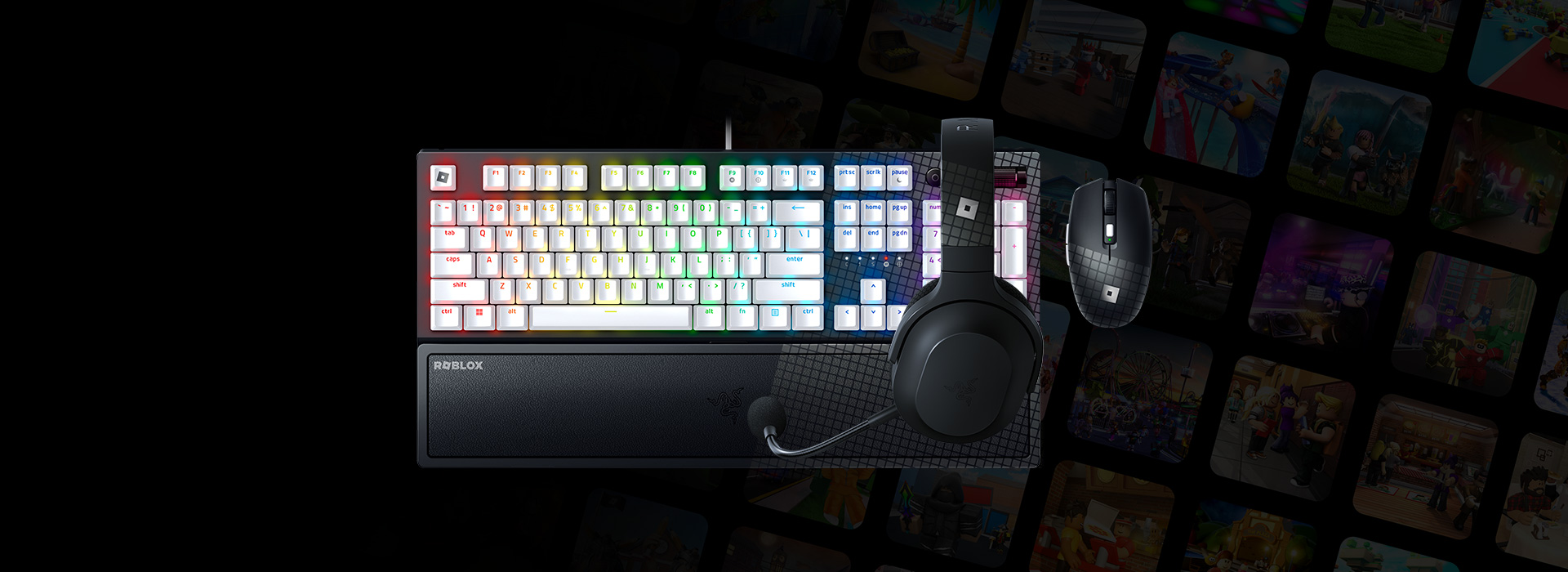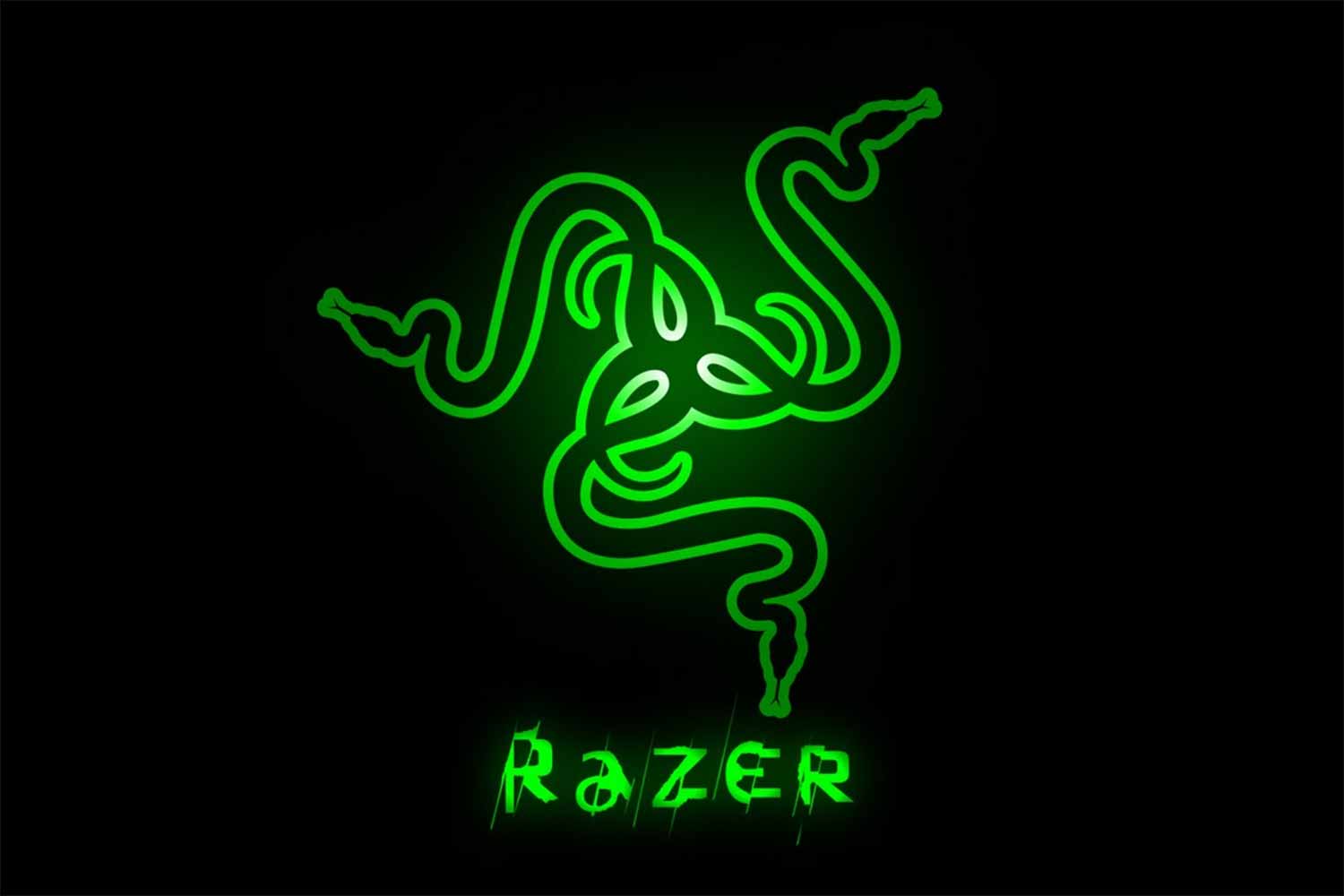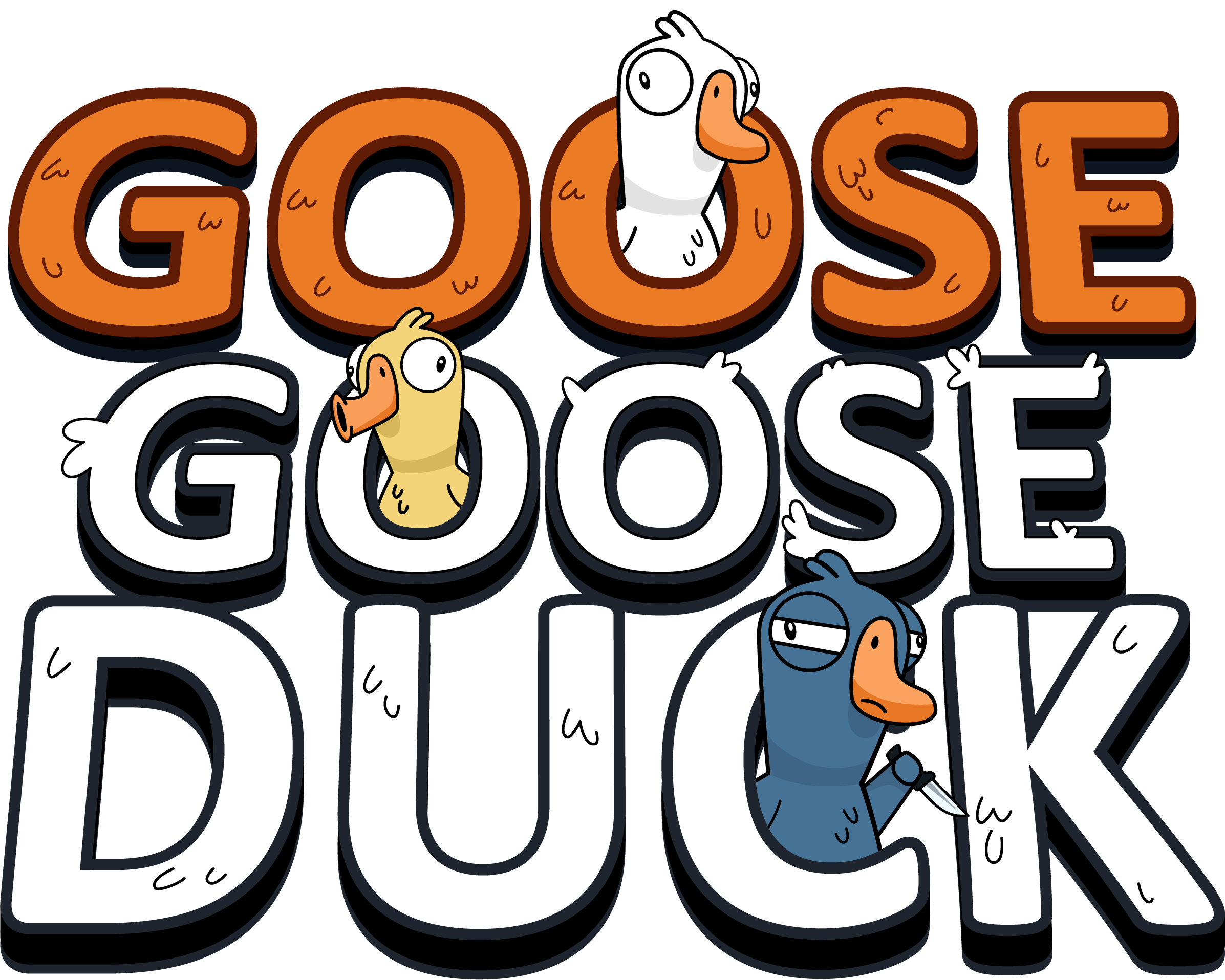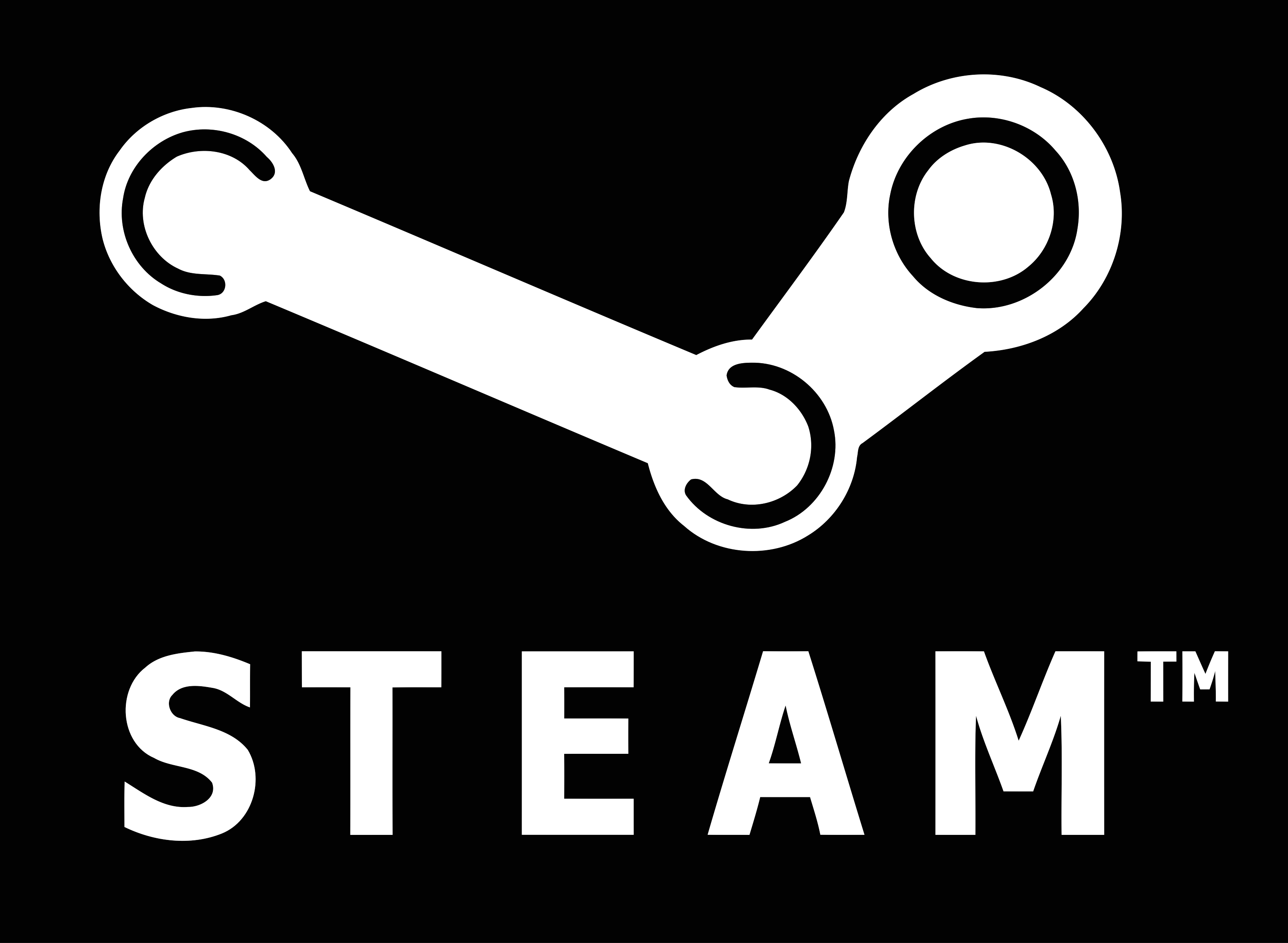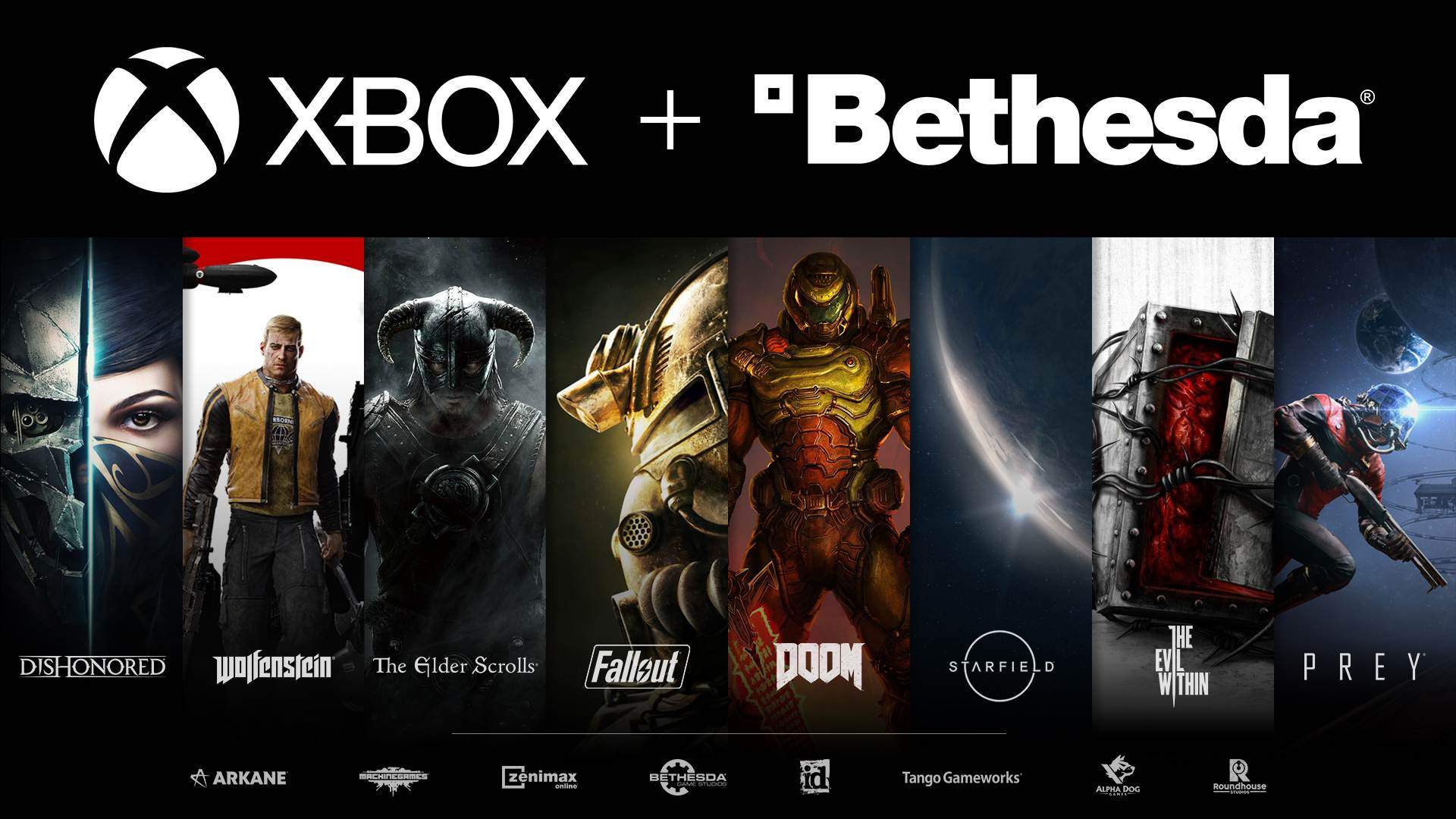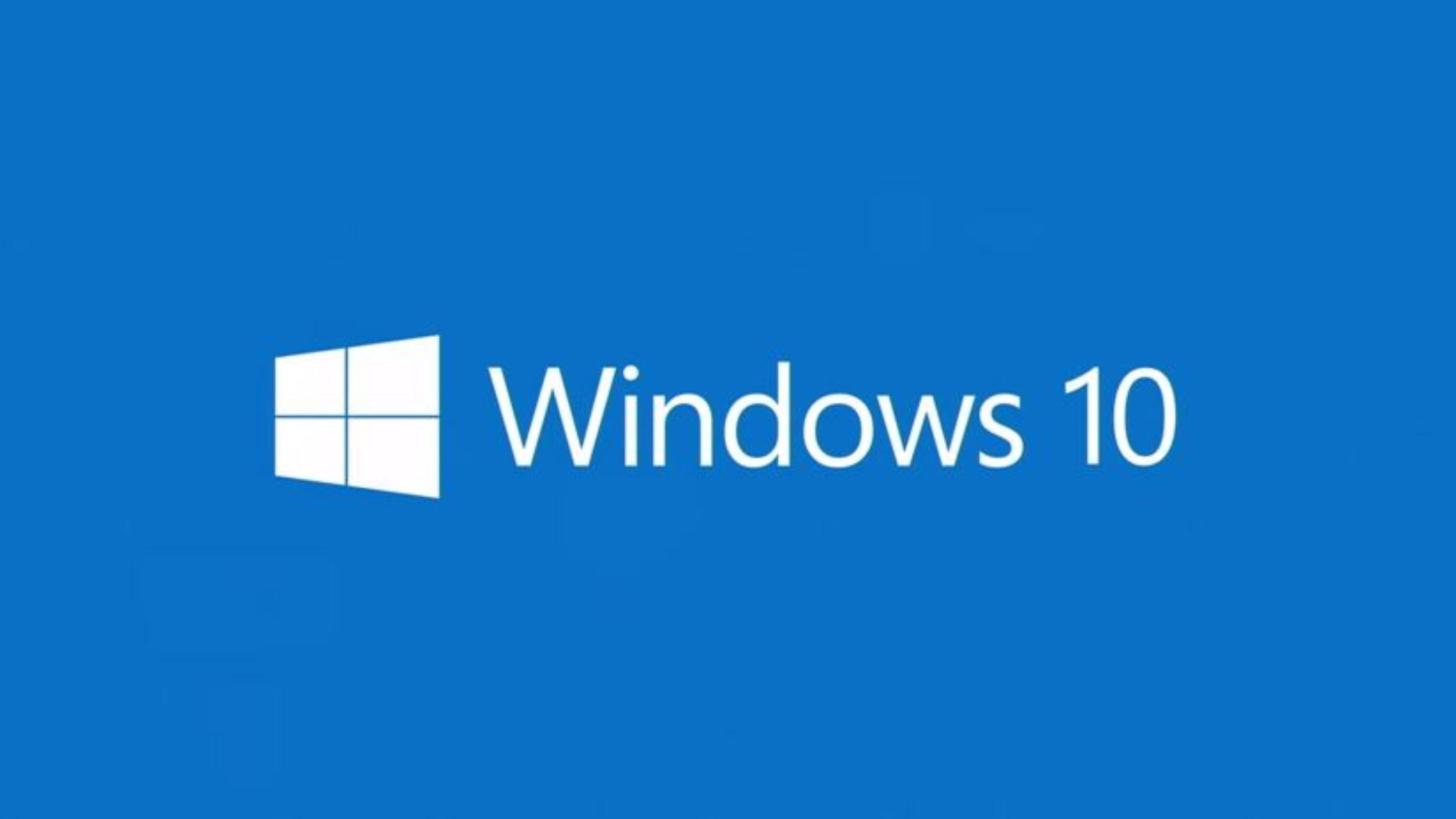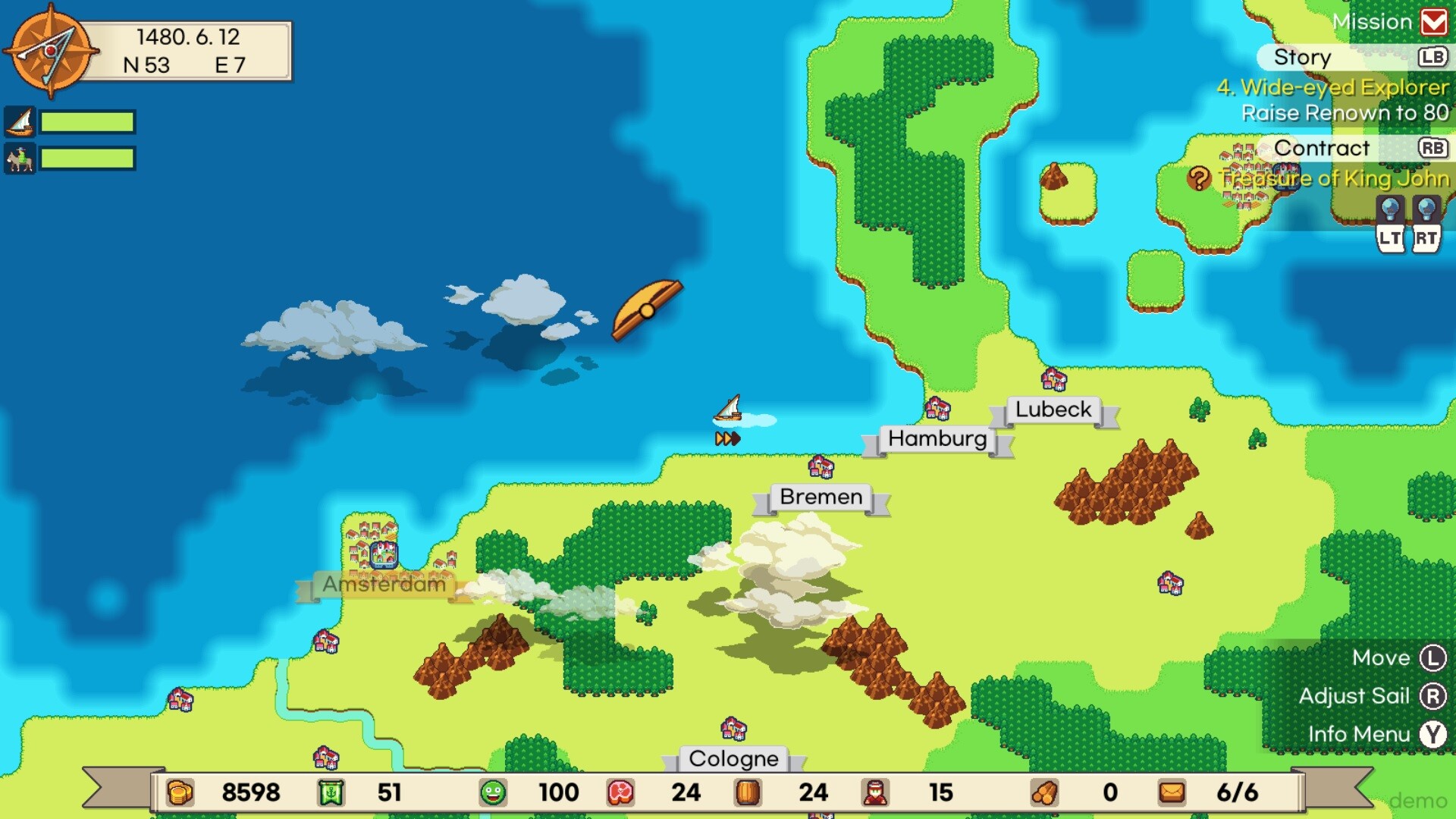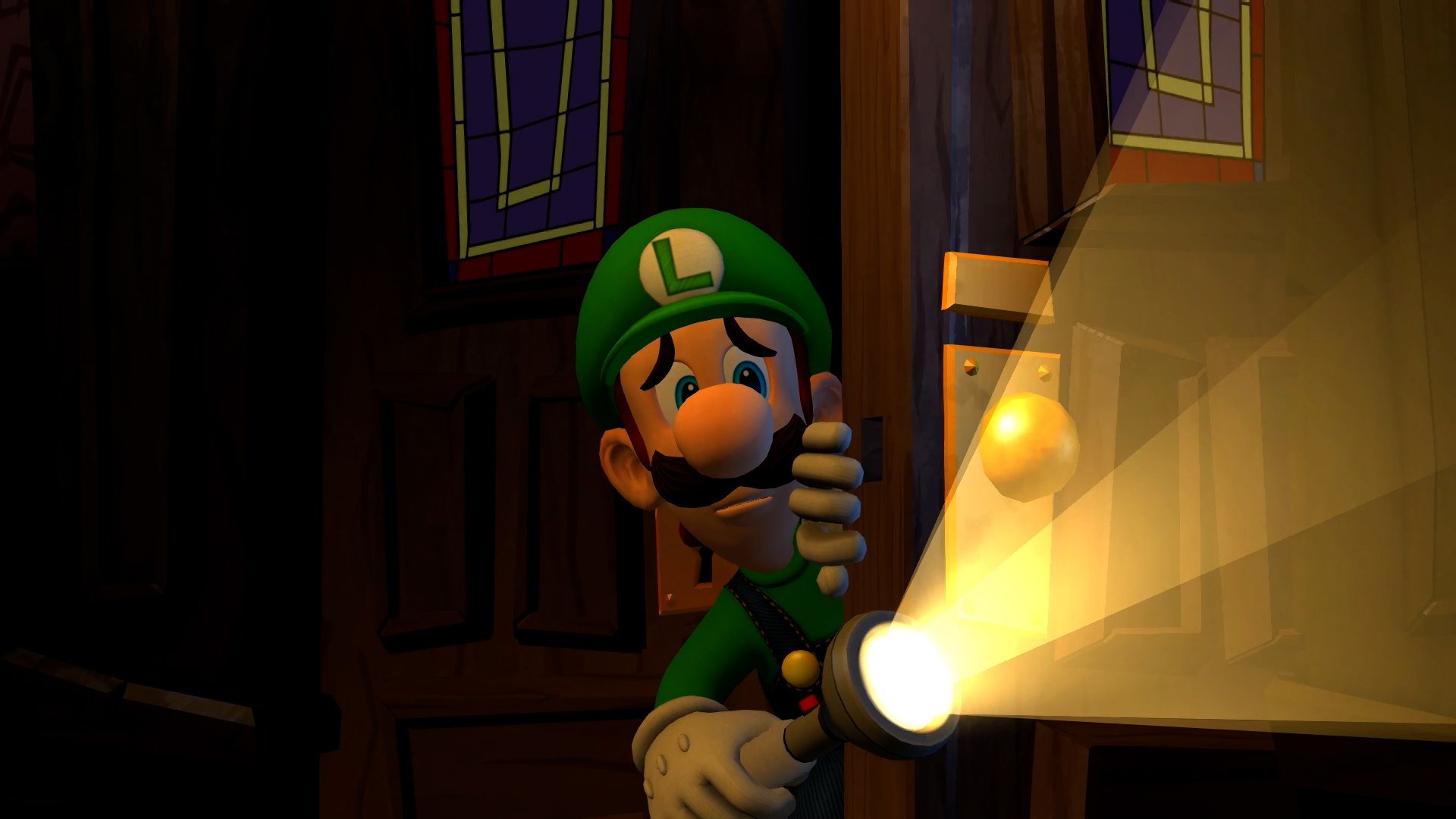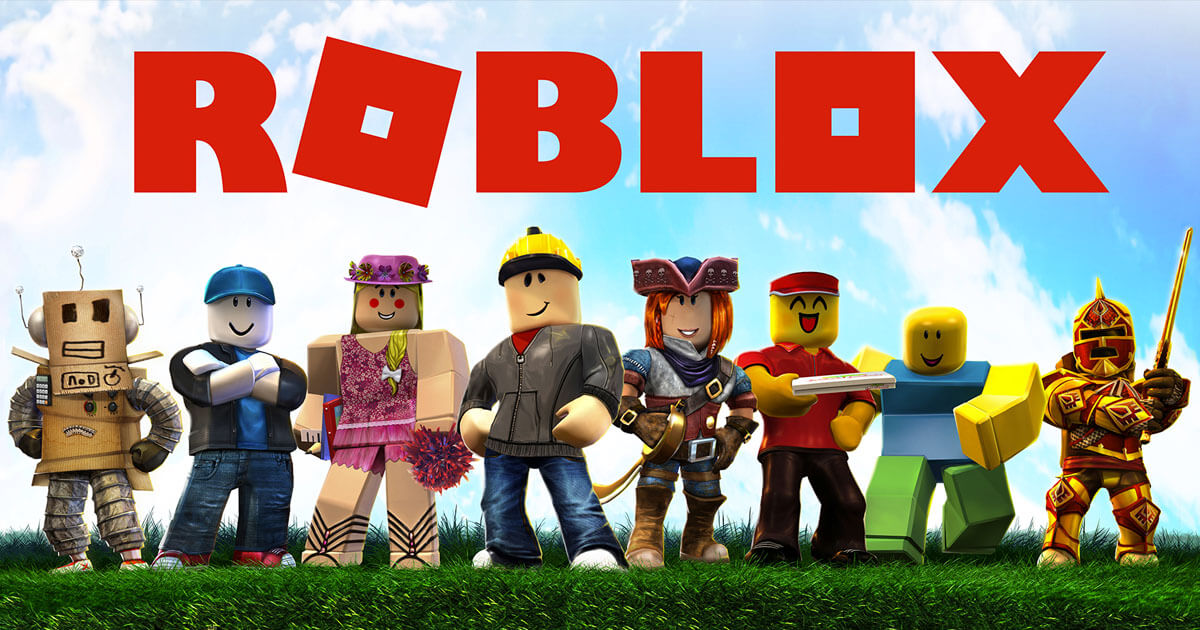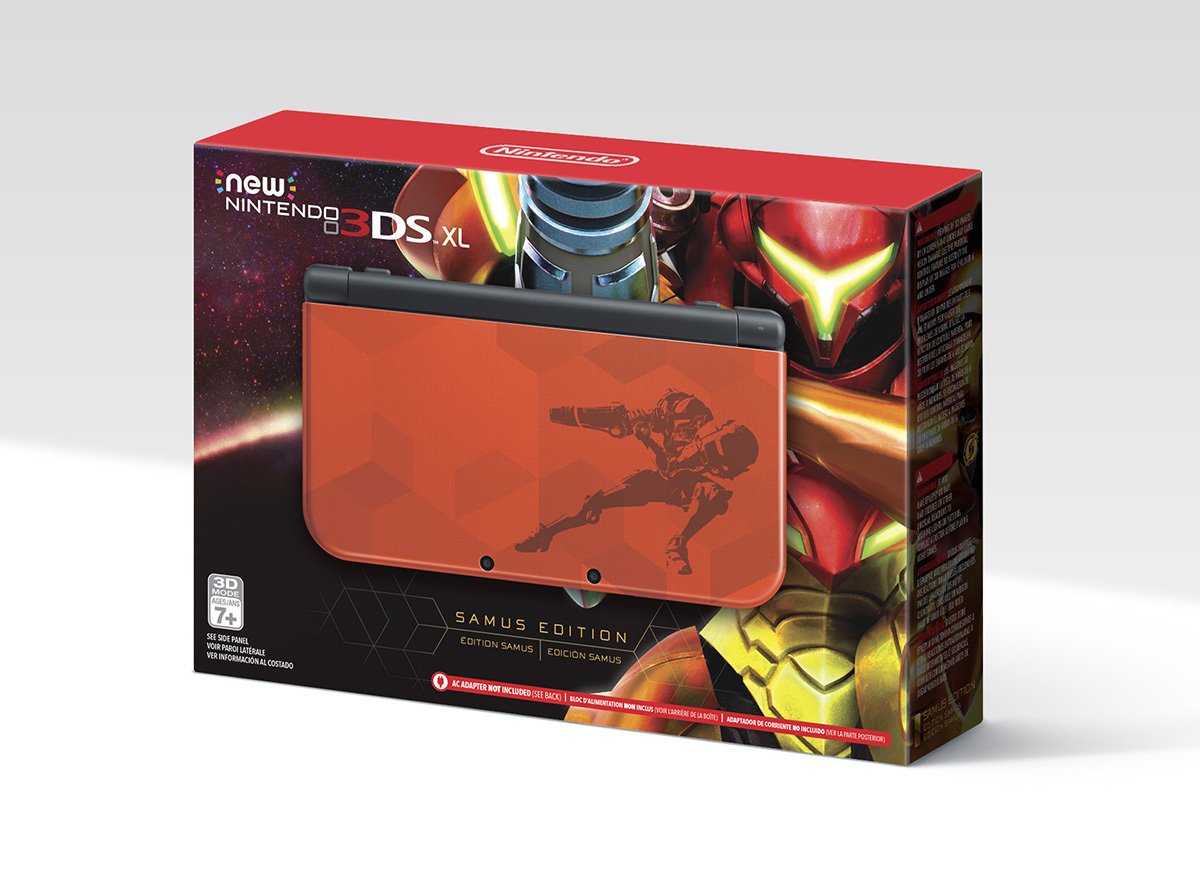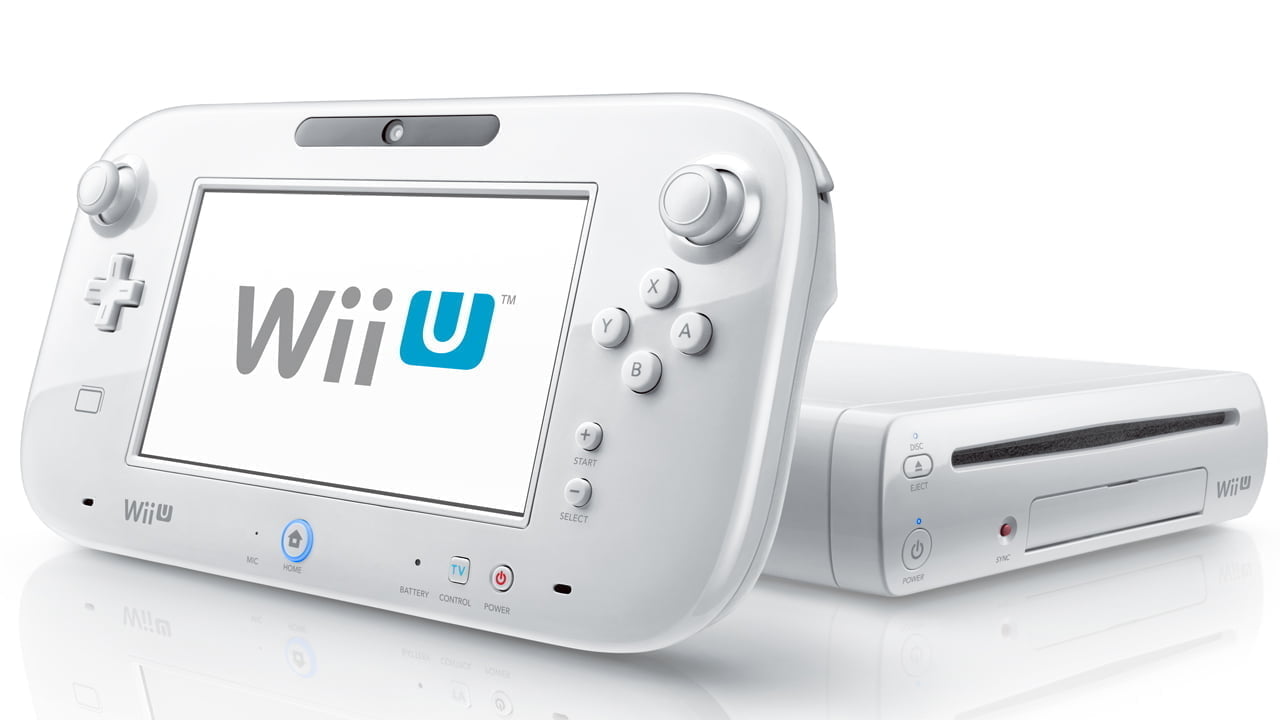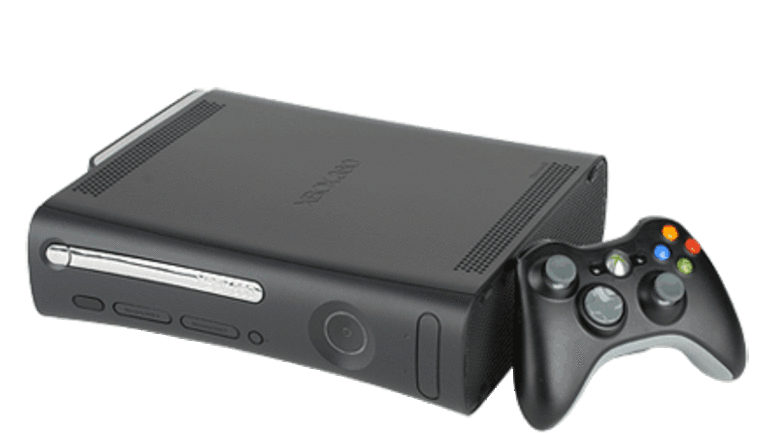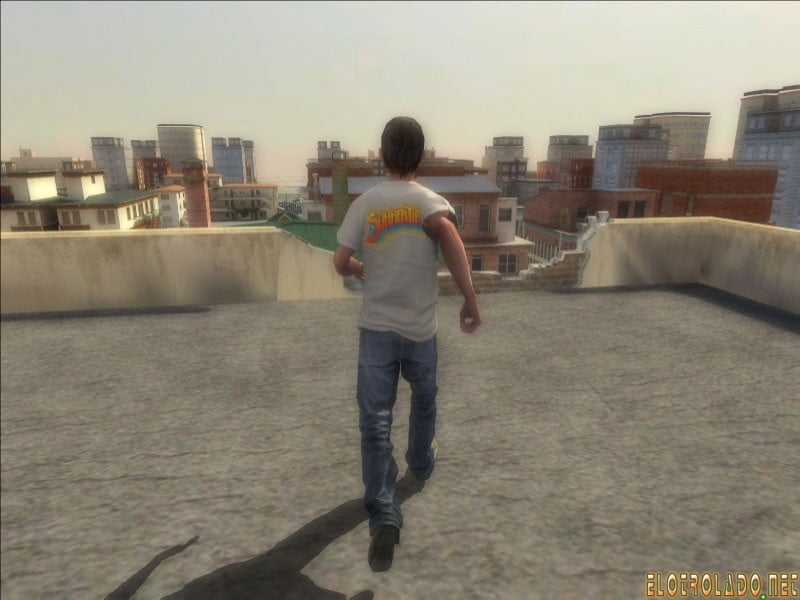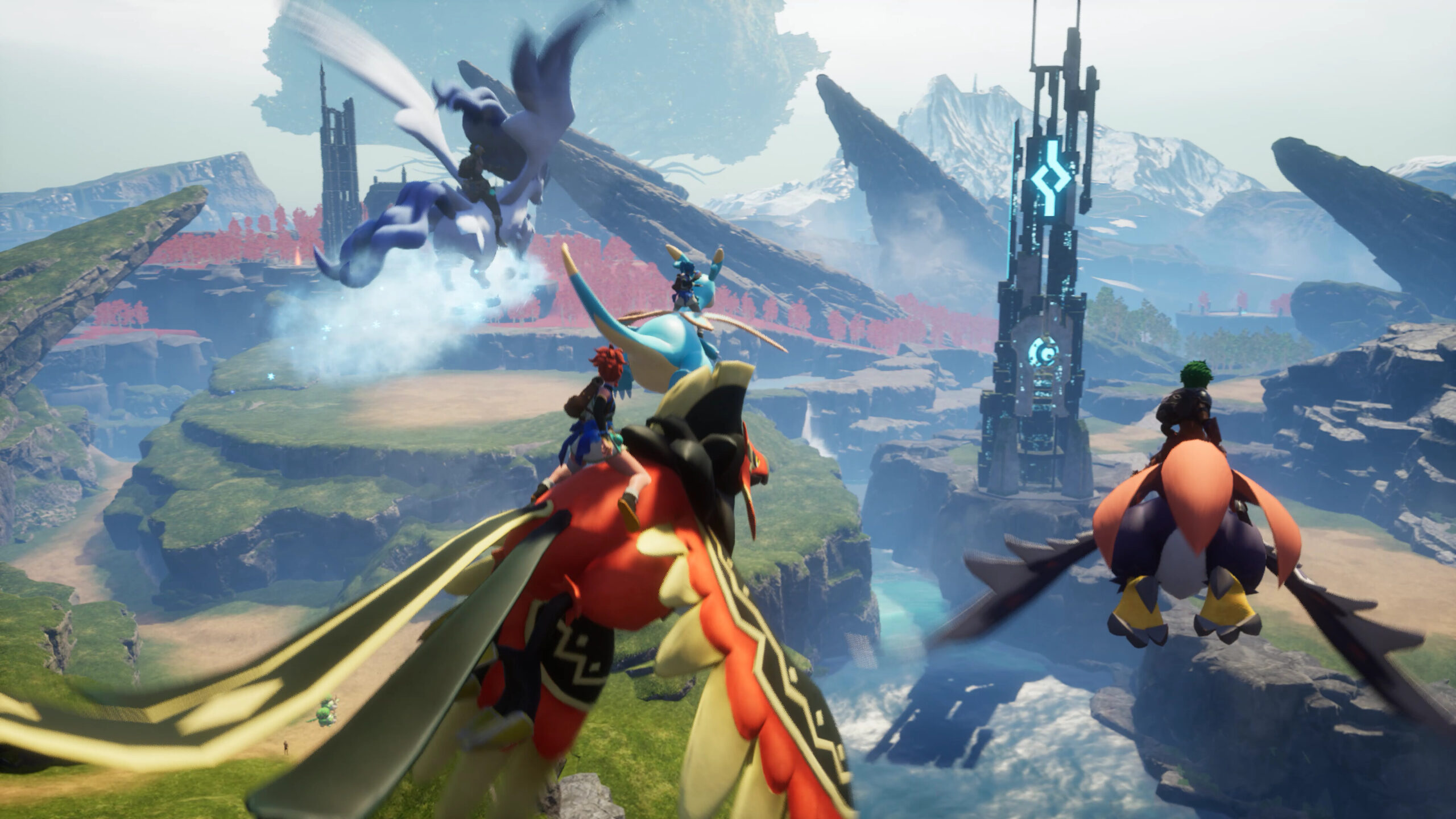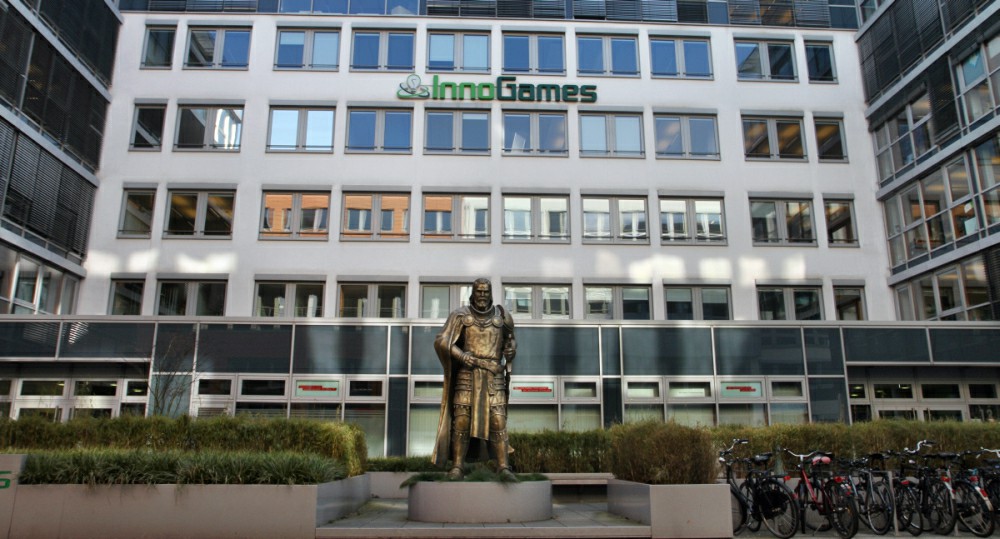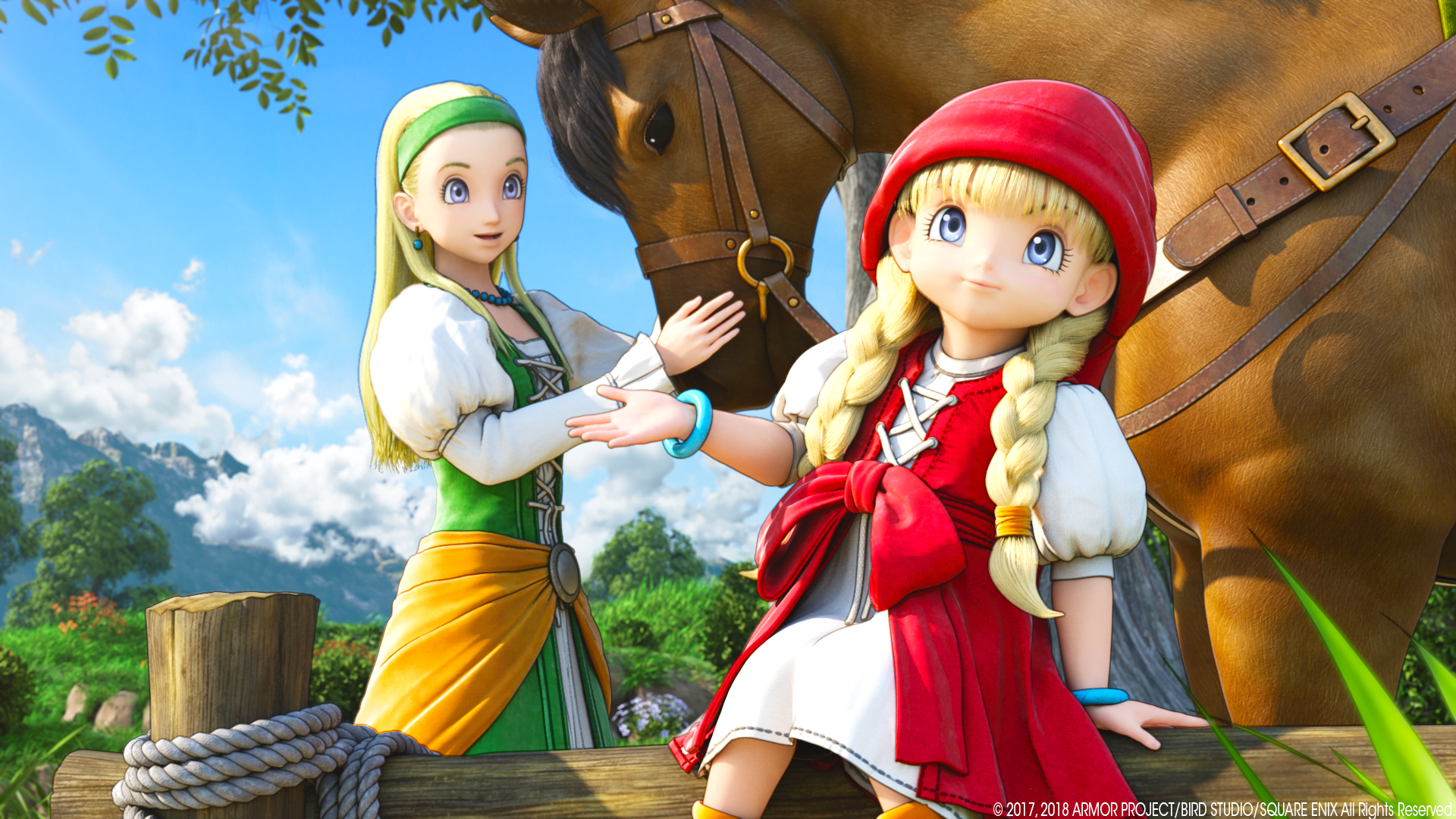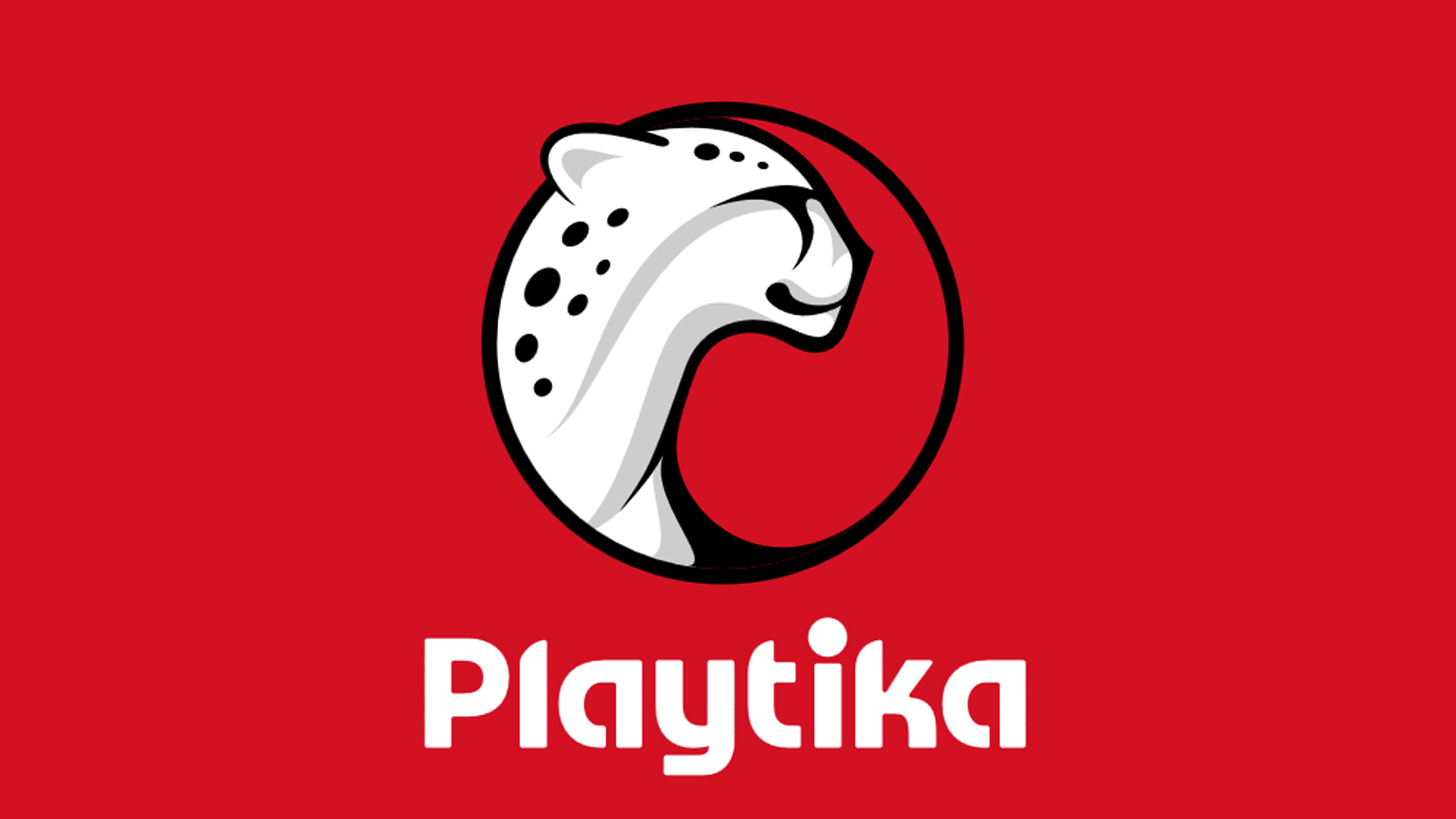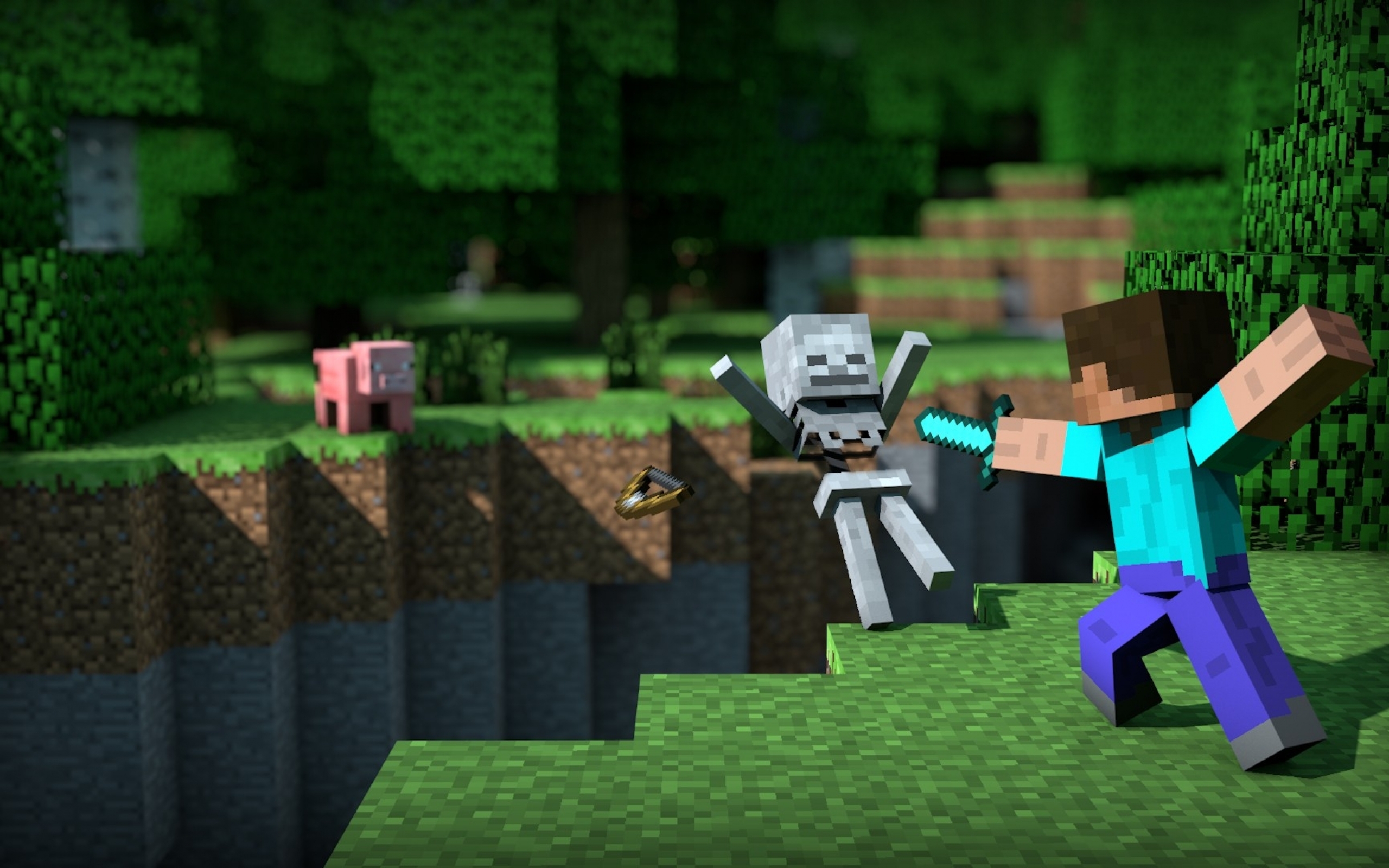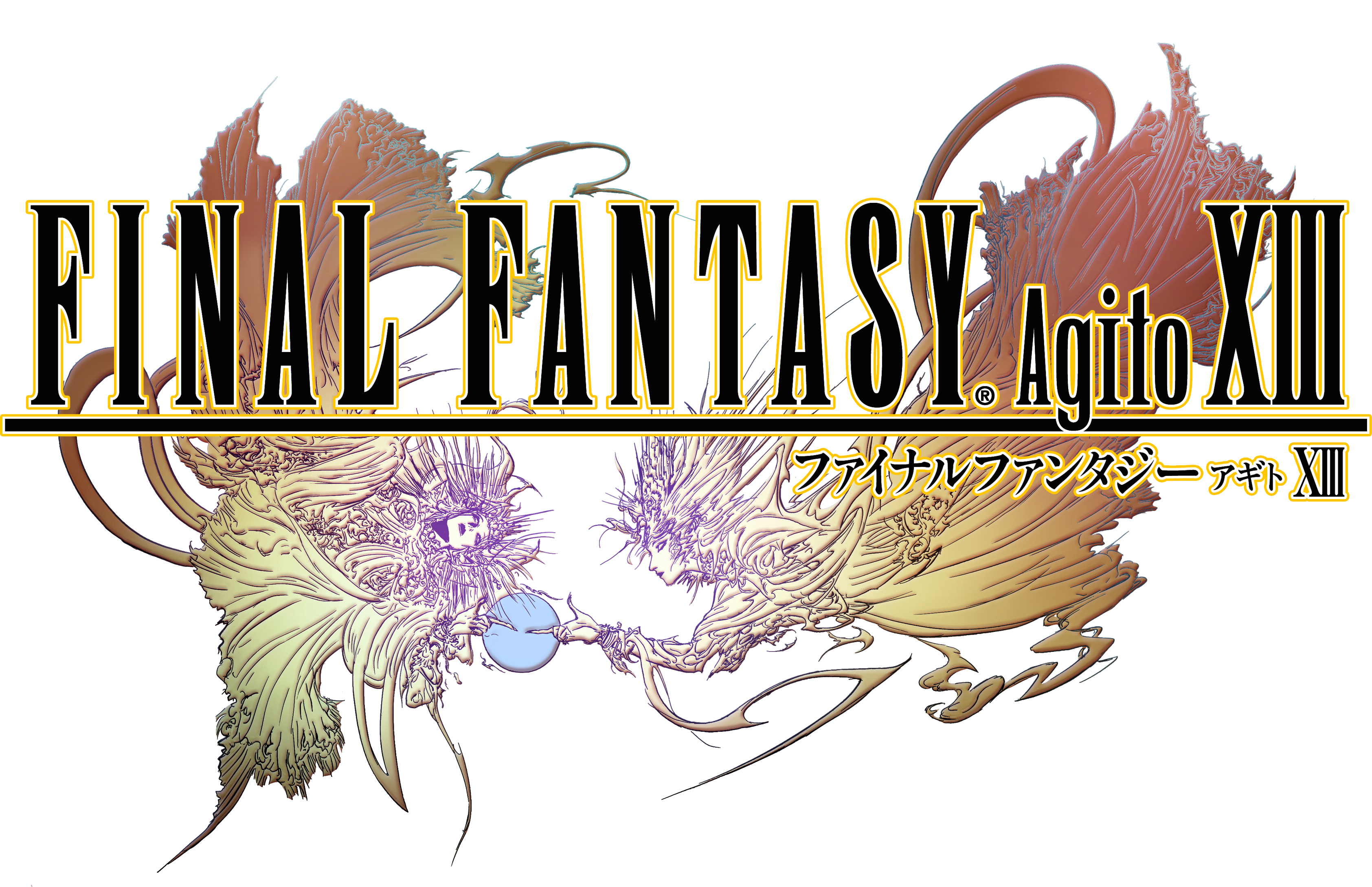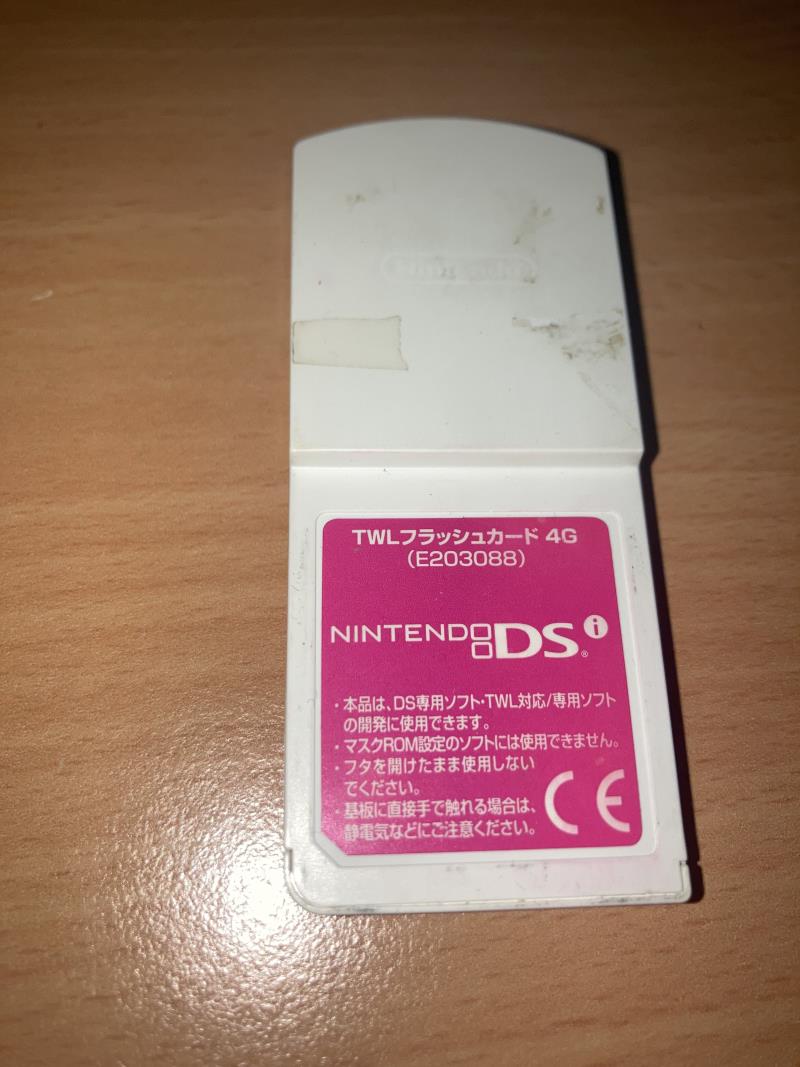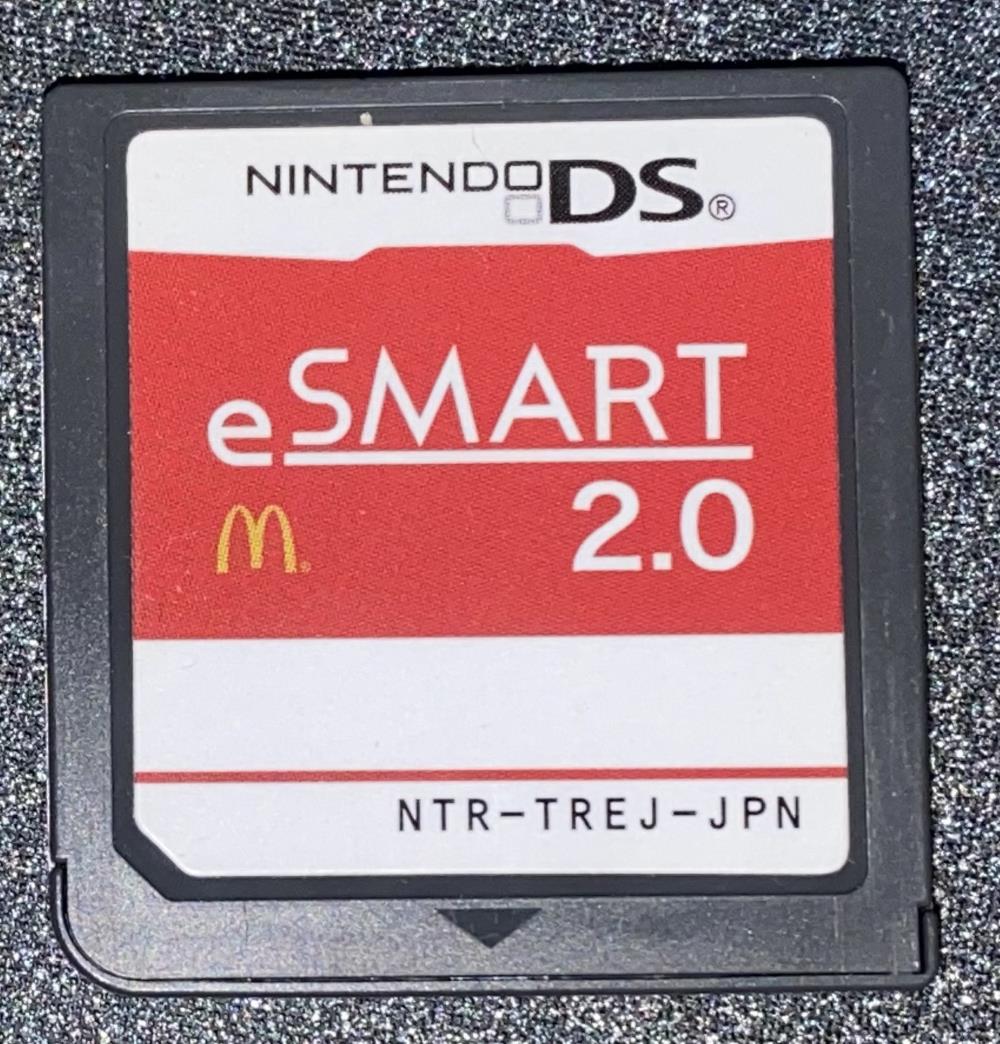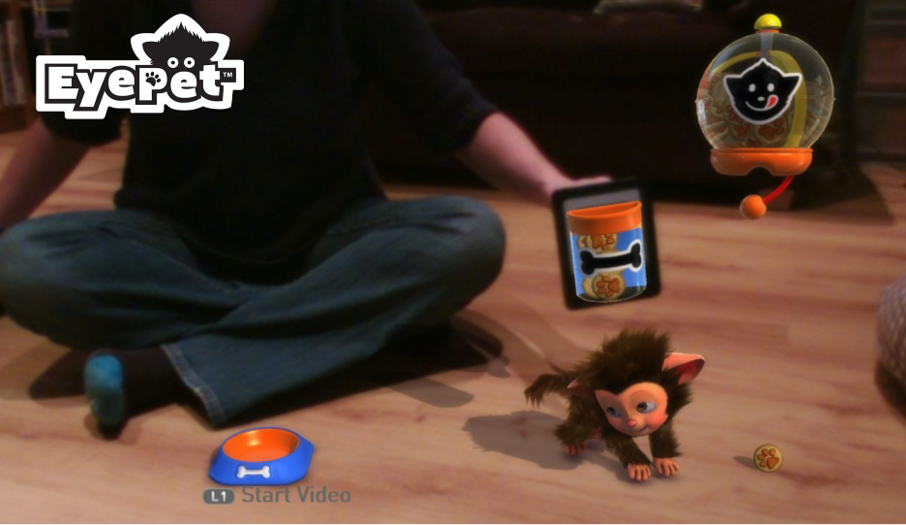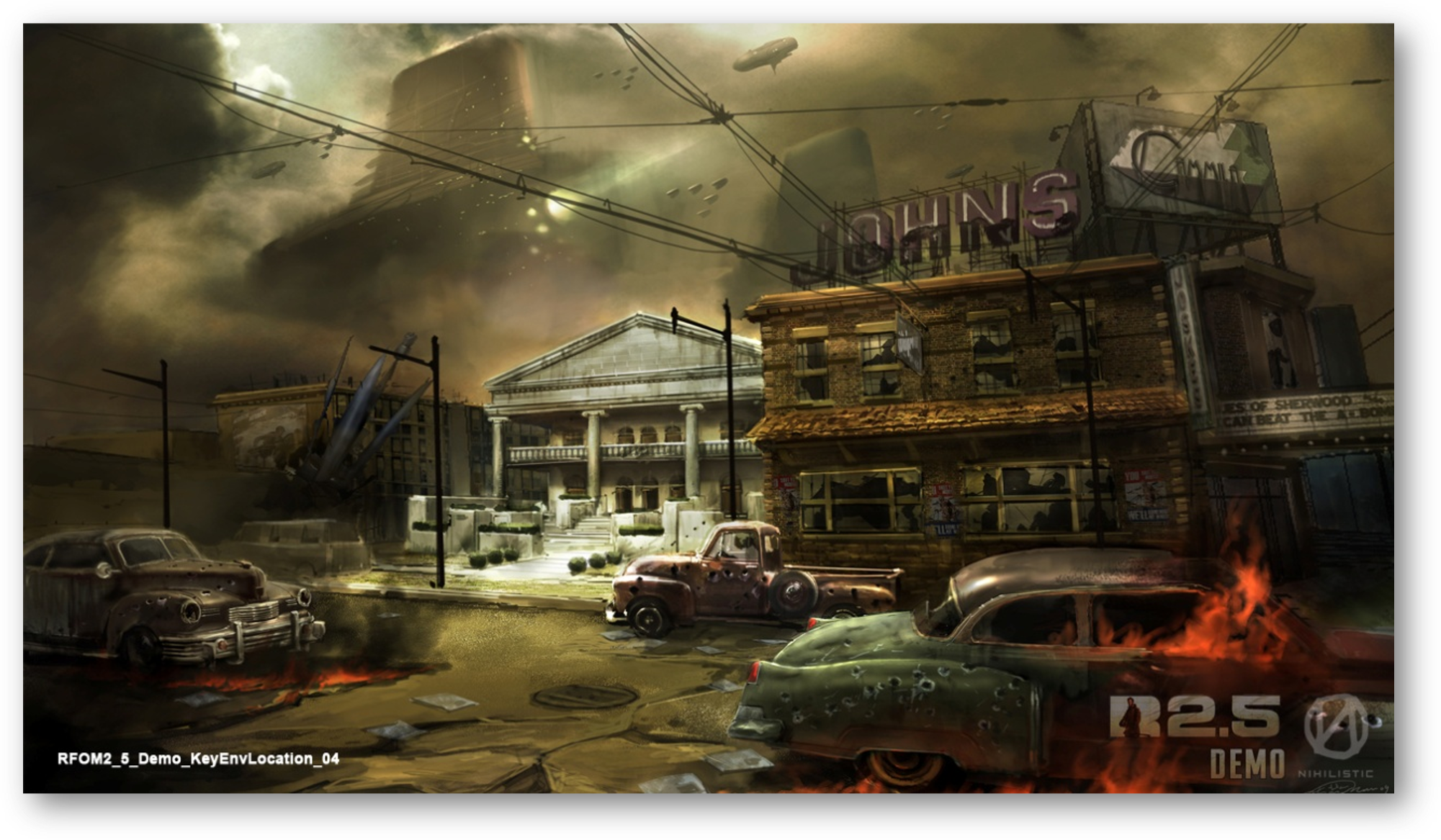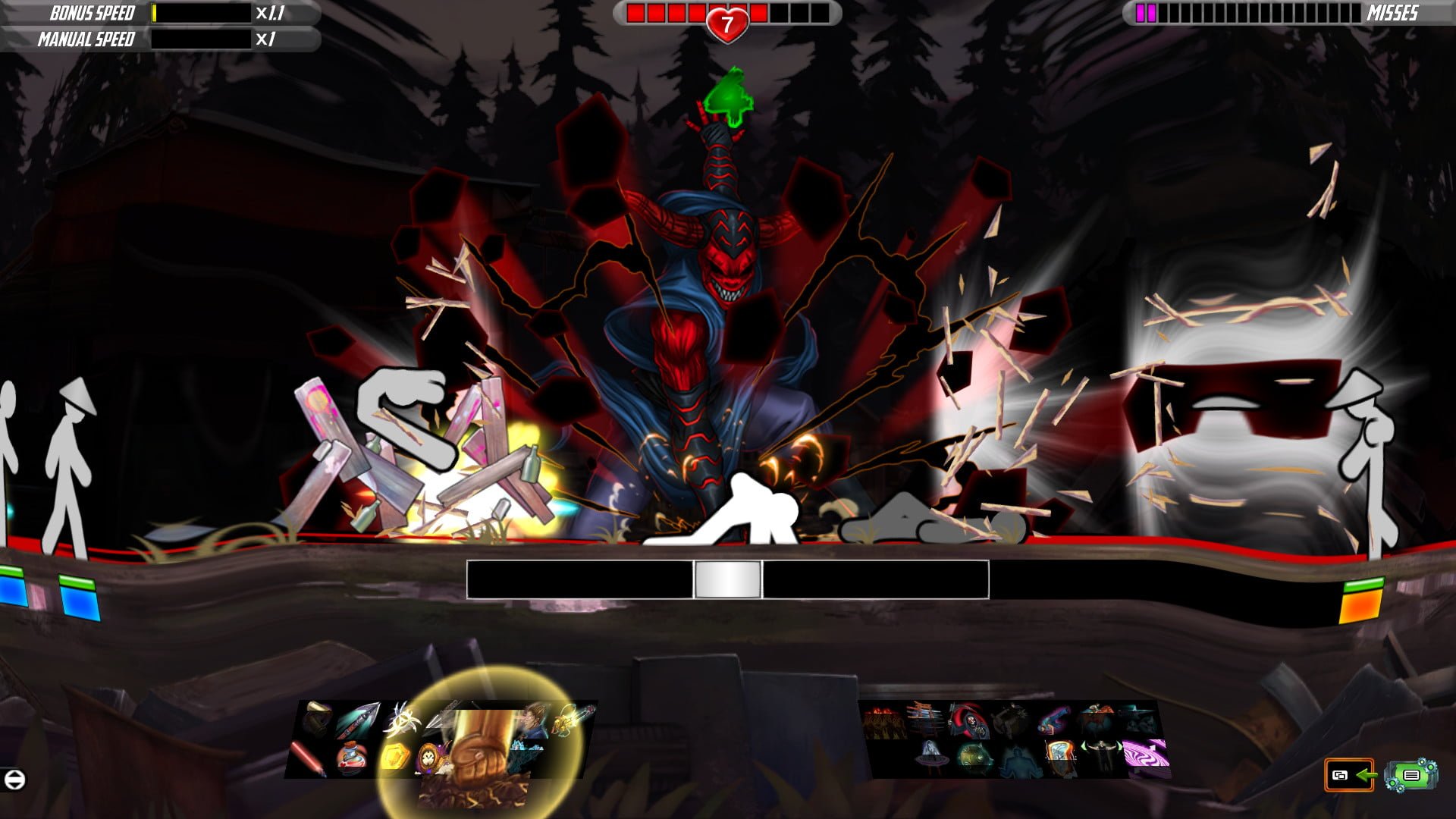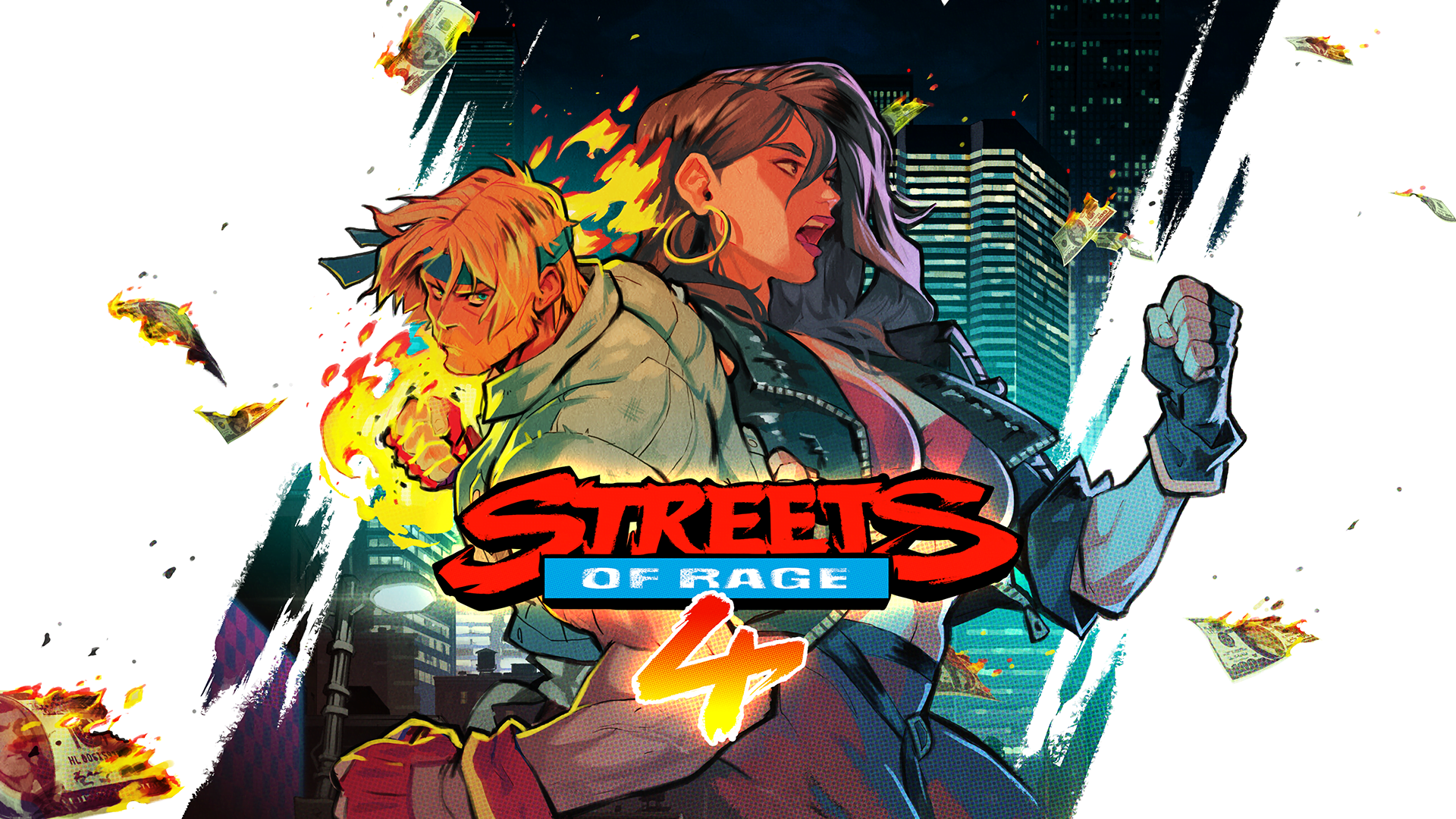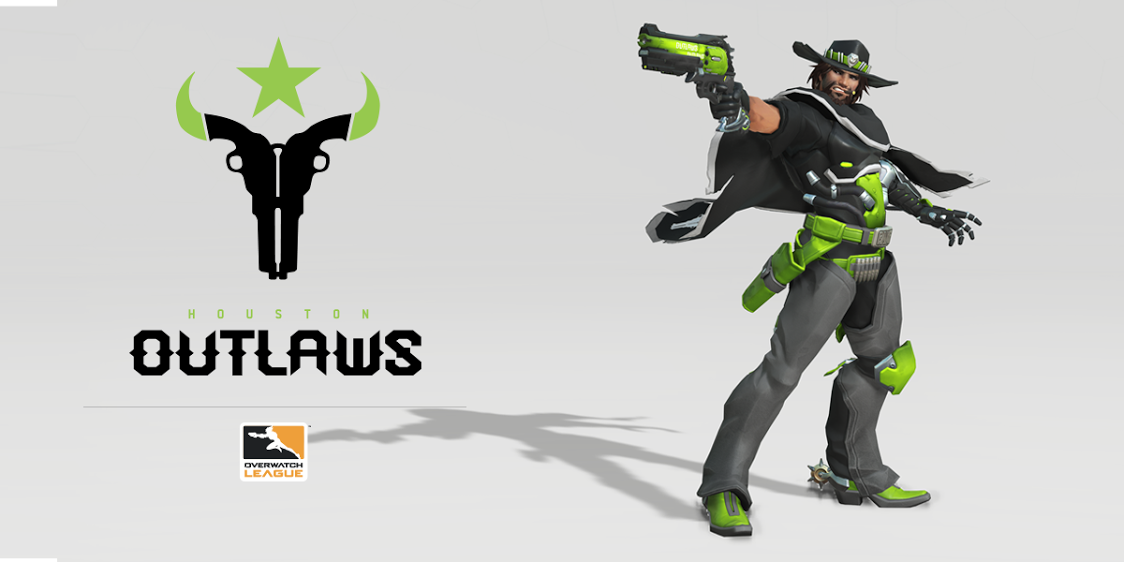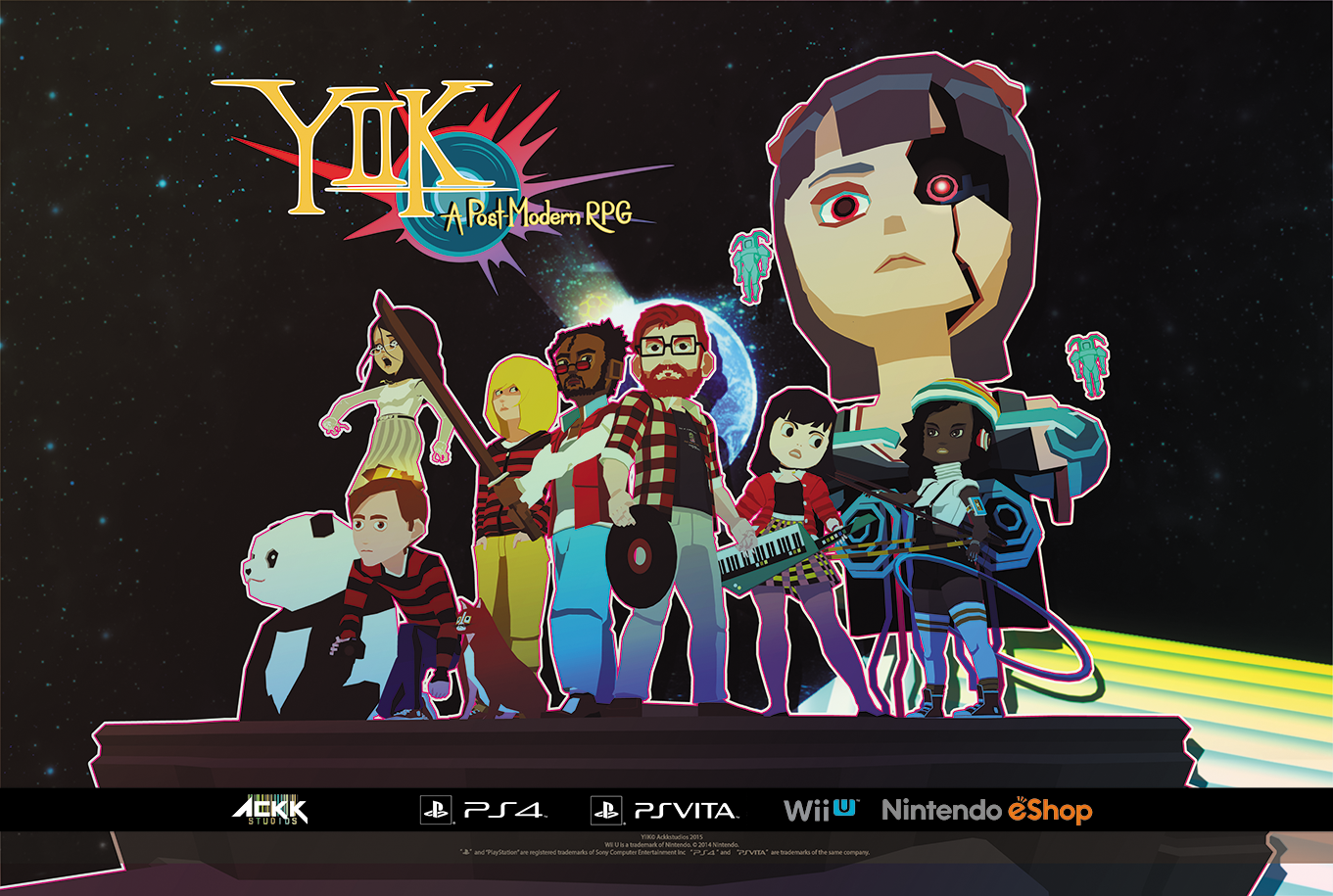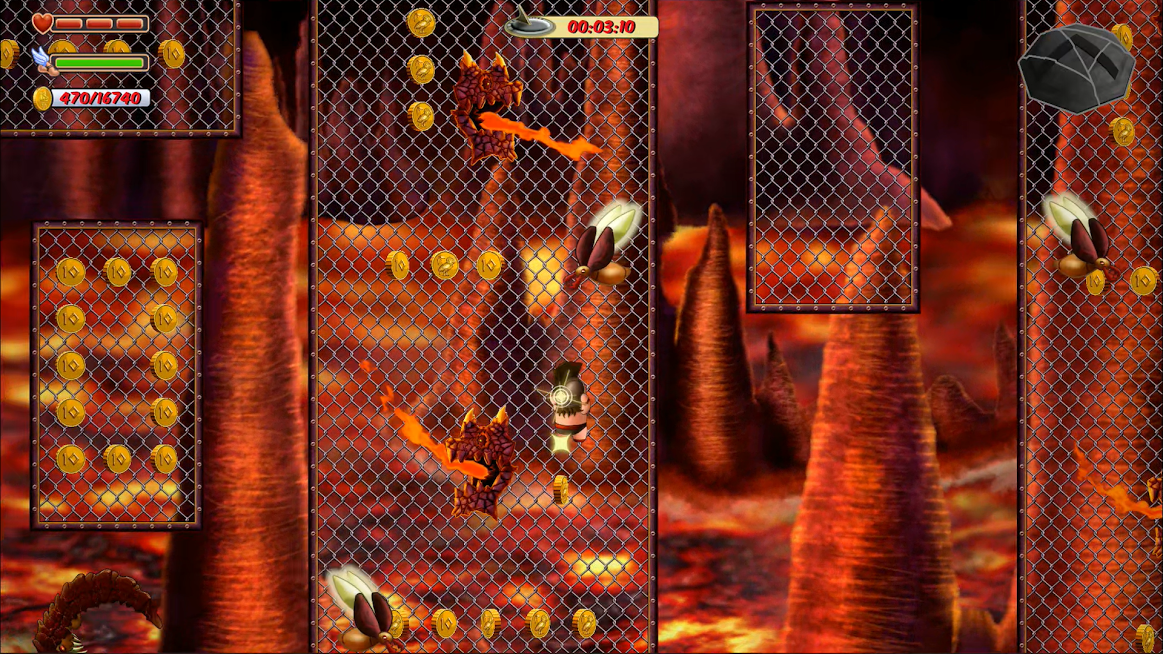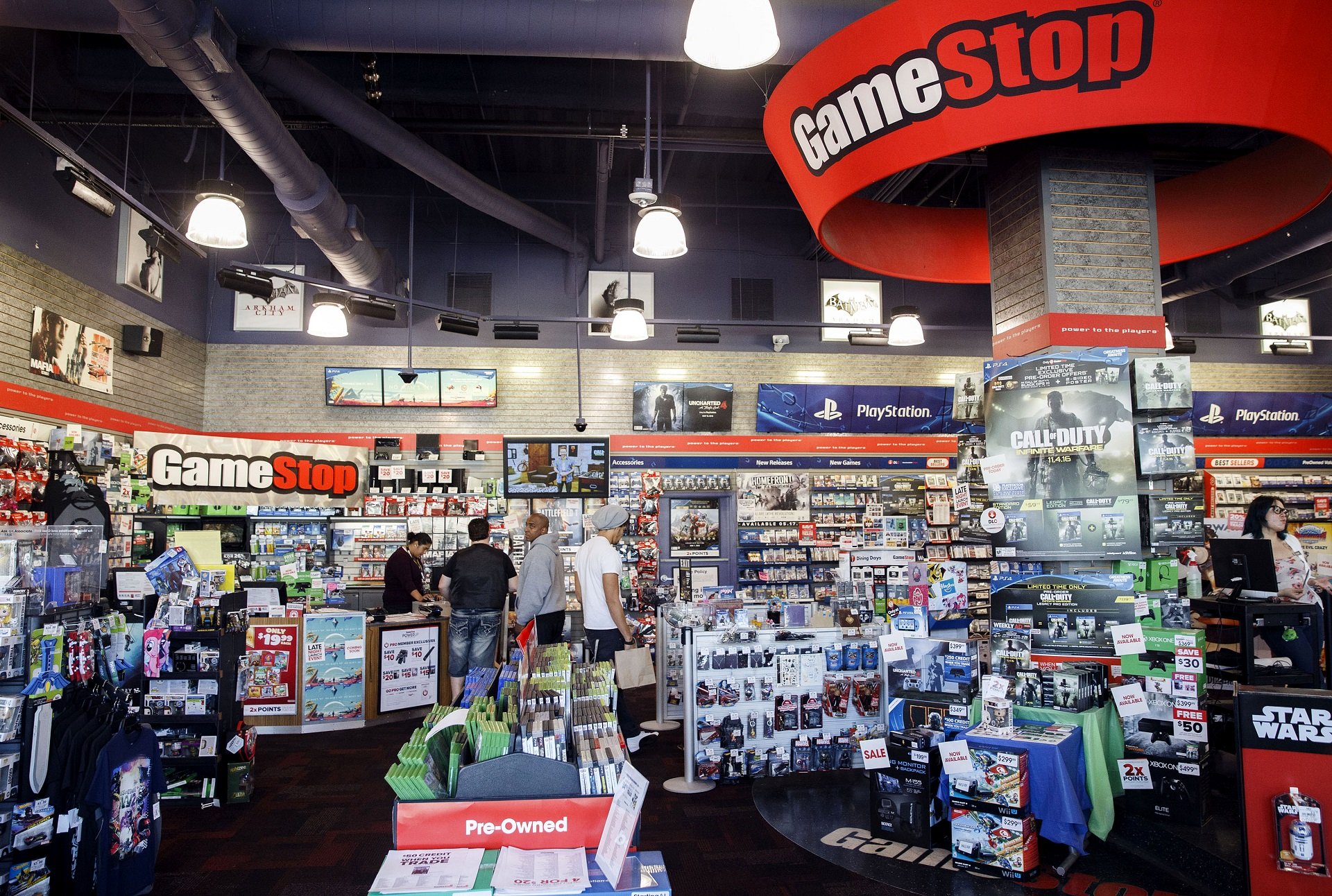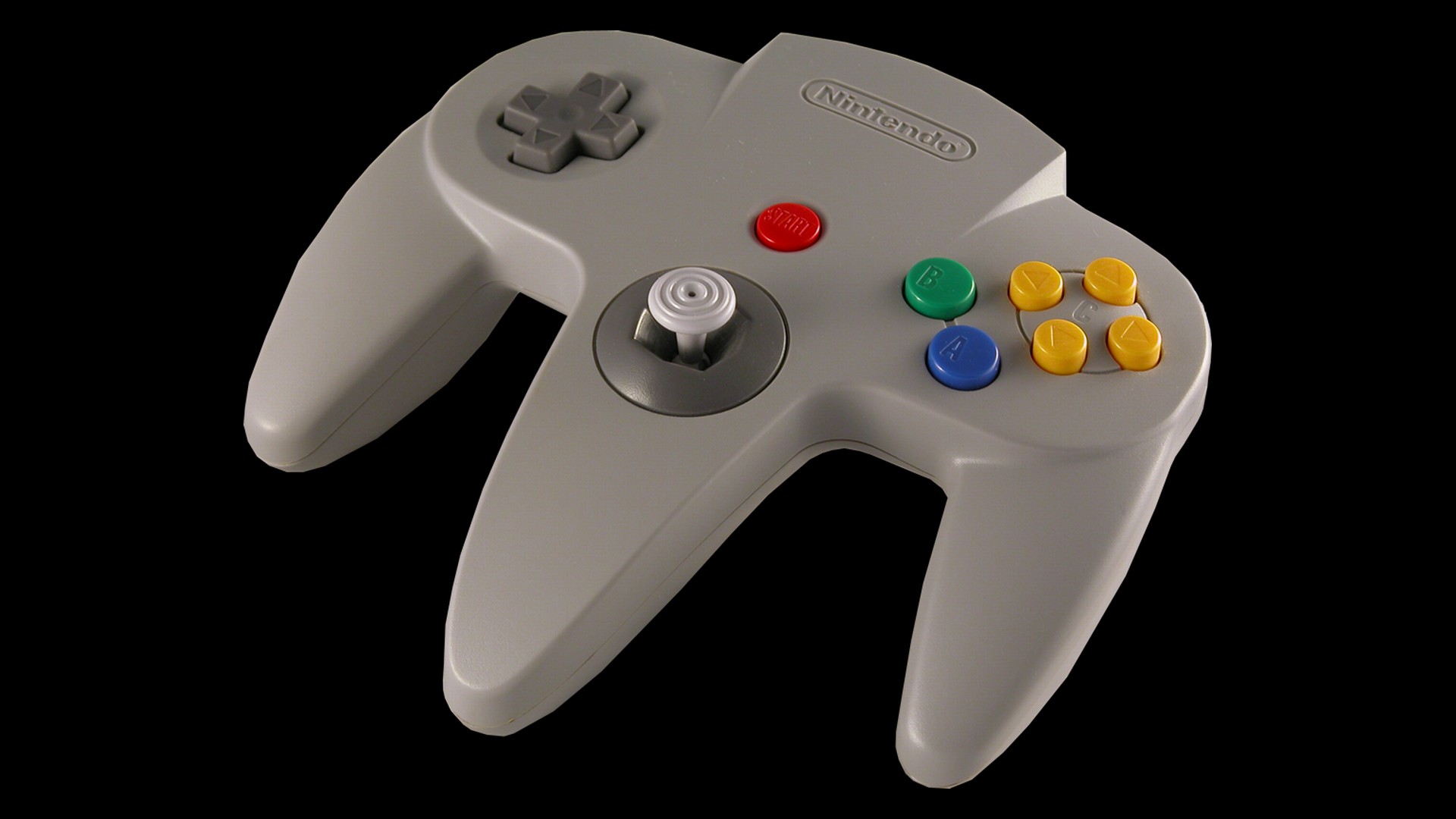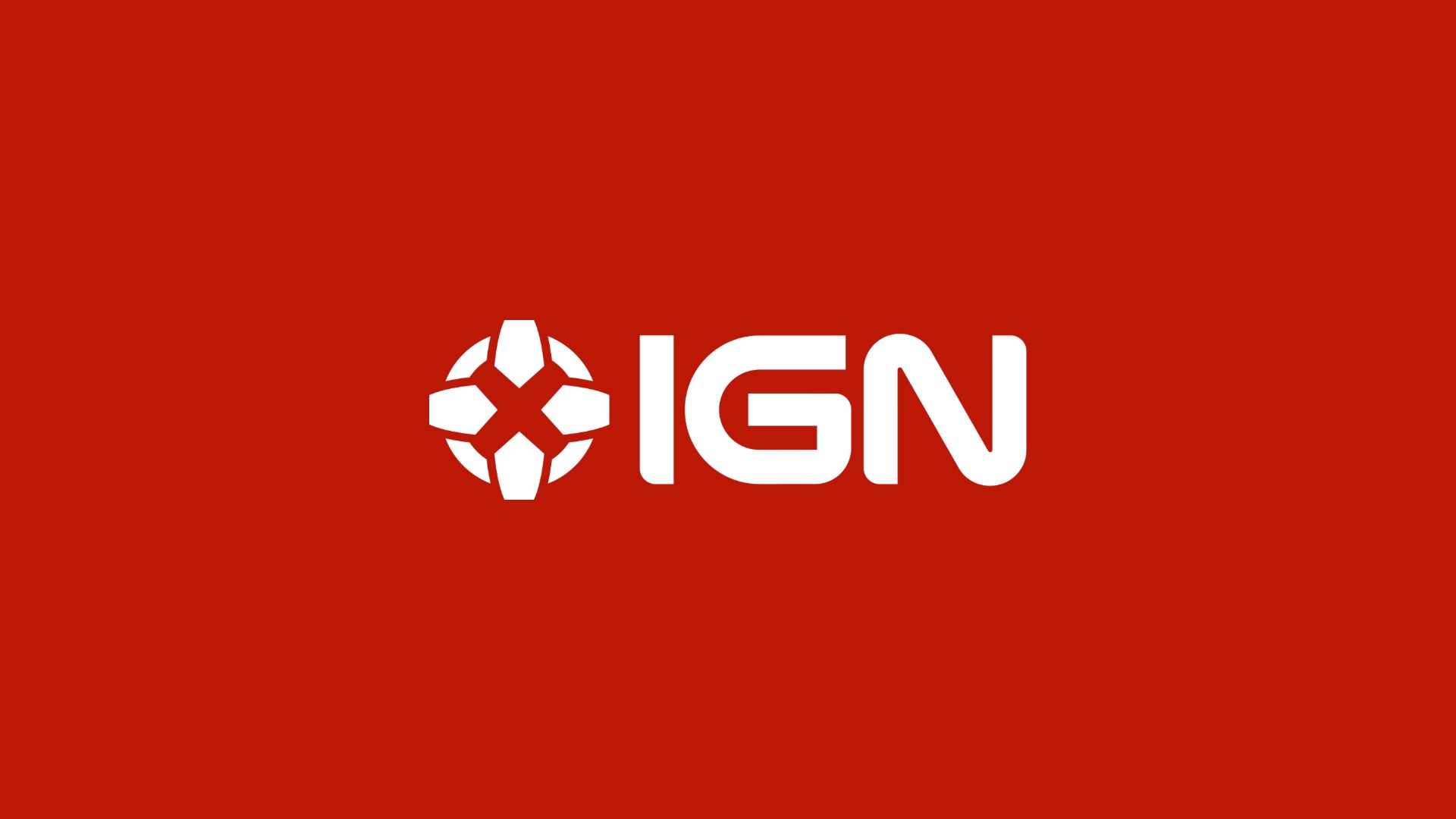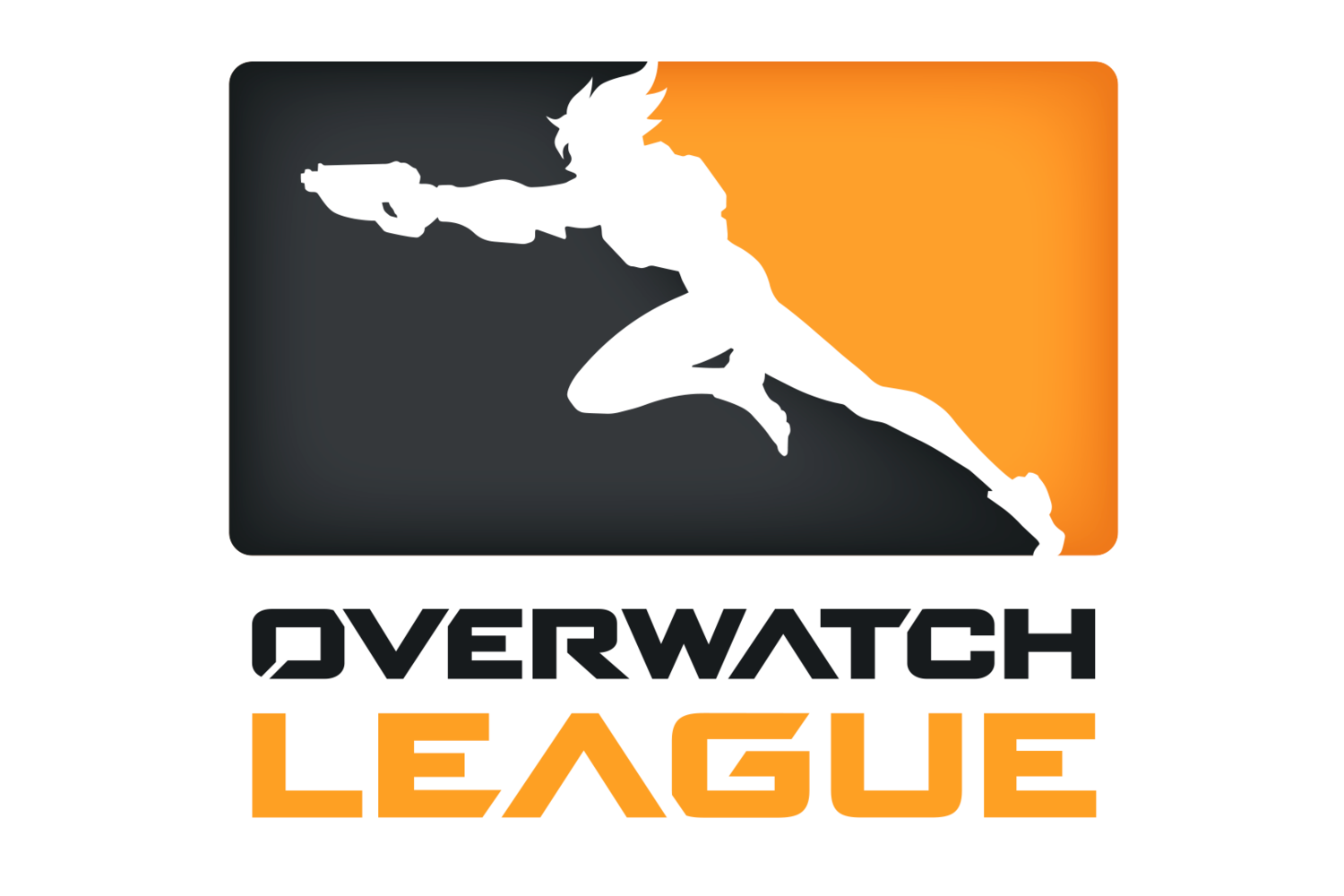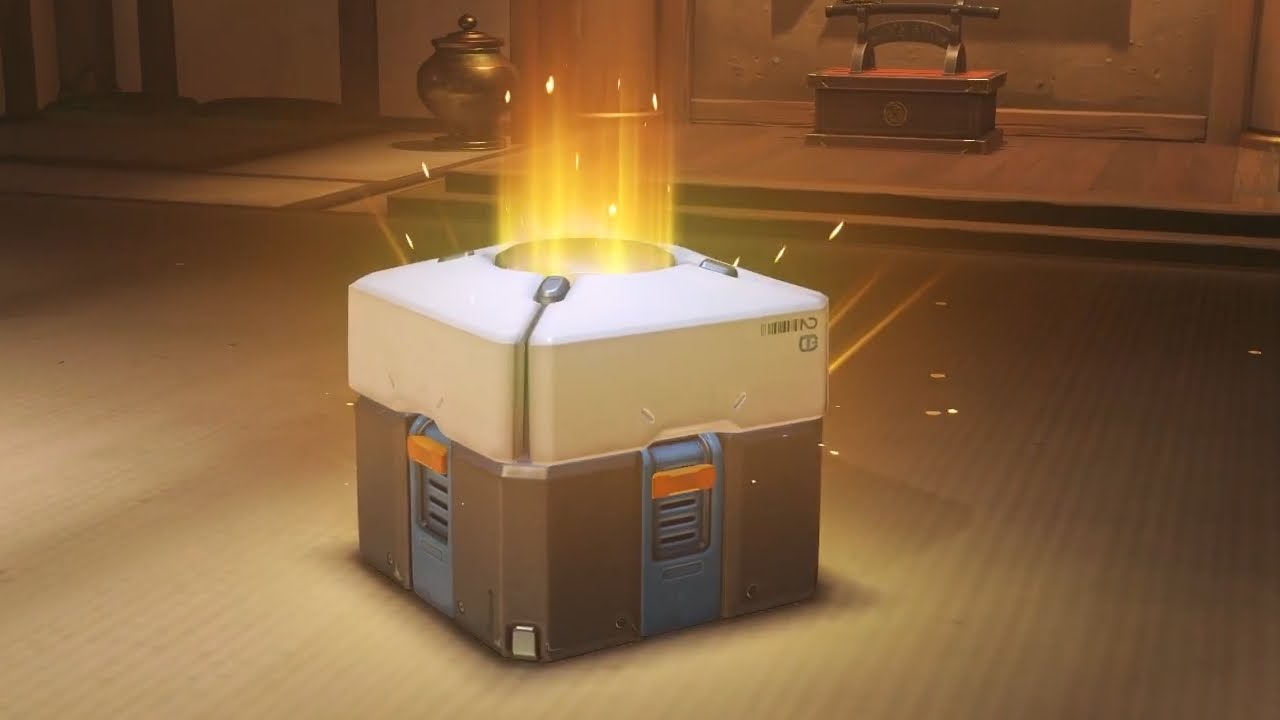The International Game Developers Association have now stepped into the controversial subject to loot boxes by issuing a press release asking developers to self-regulate the loot boxes within their games before more governments around the world step in.
Jen MacLean, Executive Director of IGDA, released the following press release:
Earlier this week, the United States Federal Trade Commission agreed to investigate loot box monetization and its potential impact on children.
This announcement, which follows Belgium’s investigation and restrictions in the Netherlands on the use of loot boxes, should be a clear wakeup call to the game development industry that we must address how we use loot boxes, especially when they’re in games played by children.
Random loot drops are a well-established game mechanic, and a way to vary rewards and keep players interested and engaged. But when a player makes a real-money purchase of an unknown item-a loot box-we run the risk of triggering gambling laws. Those regulations are not always clear, and many people have noted that loot boxes are simply digital versions of collectible card games, but we cannot ignore the fact that video games face increased scrutiny, concern, and regulation because of their immersive nature.
Advertisement. Scroll to continue reading.We have a blueprint for taking action as a community, and industry, in how we established clear, easy-to-understand game ratings and content descriptions so that consumers, and especially parents, understand what’s in the games they or their children play. As an industry and community, we should take the following steps immediately:
- Affirm an industry commitment to not market loot boxes to children
- Clearly disclose the odds of different rewards when purchasing loot boxes (as many games already do to comply with Chinese law)
- Launch a coordinated education campaign that boosts awareness of the parental controls that are available to appropriately limit how players engage with games
By not taking significant action as an industry and global game developer community to self-regulate how loot boxes are used, we run the very real risk that governments around the world will take that action for us, and perhaps create significantly restrictive laws that could impact any random reward elements in games. I offer my strongest advice to game developers and interactive entertainment businesses on this matter: addressing how loot boxes are used is both the right thing and the smart thing for the global game development industry to do.




